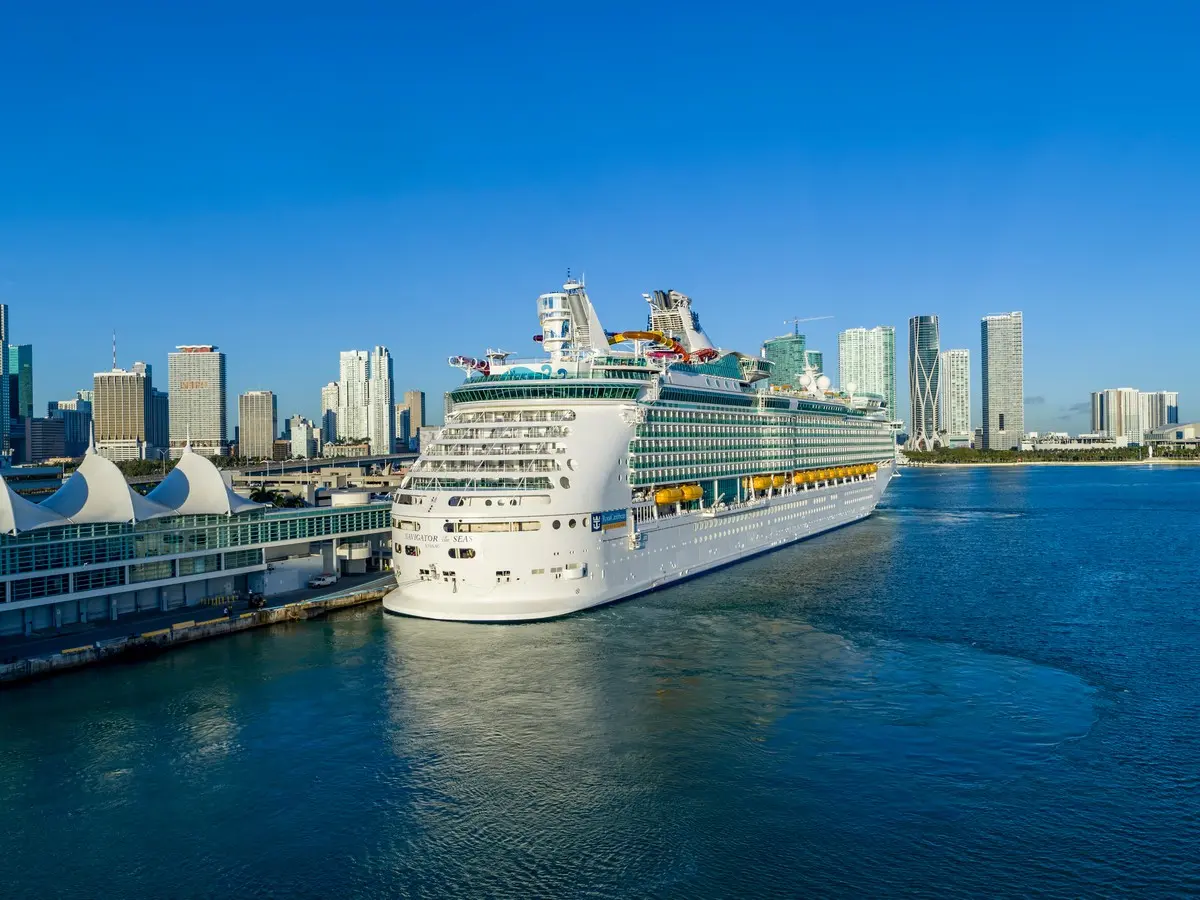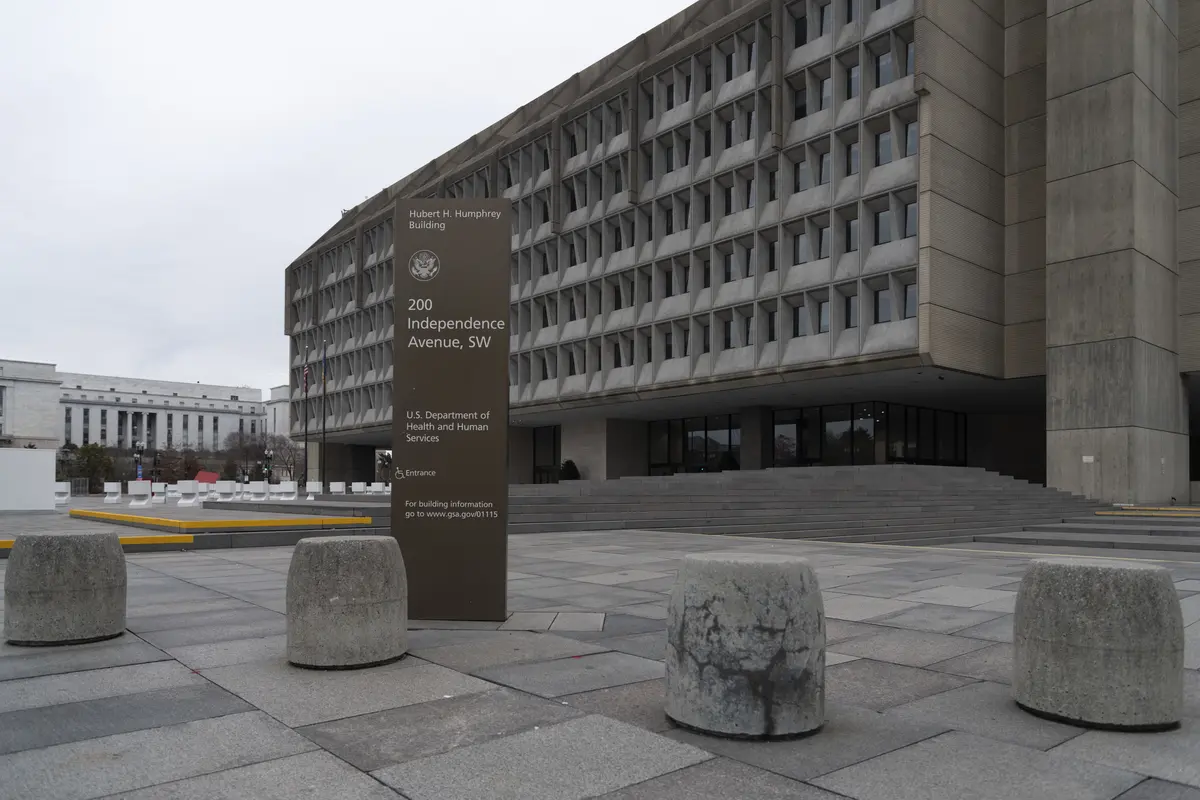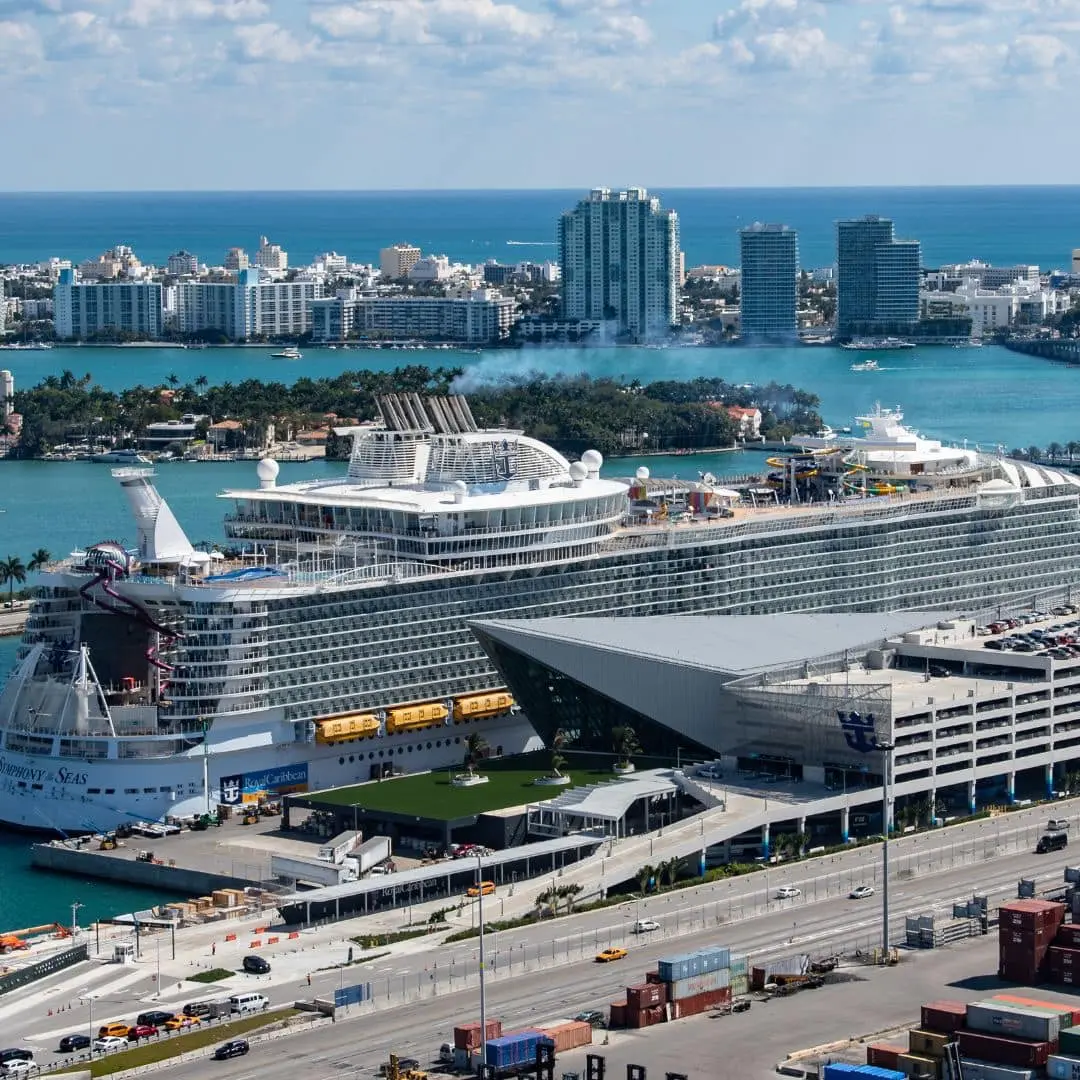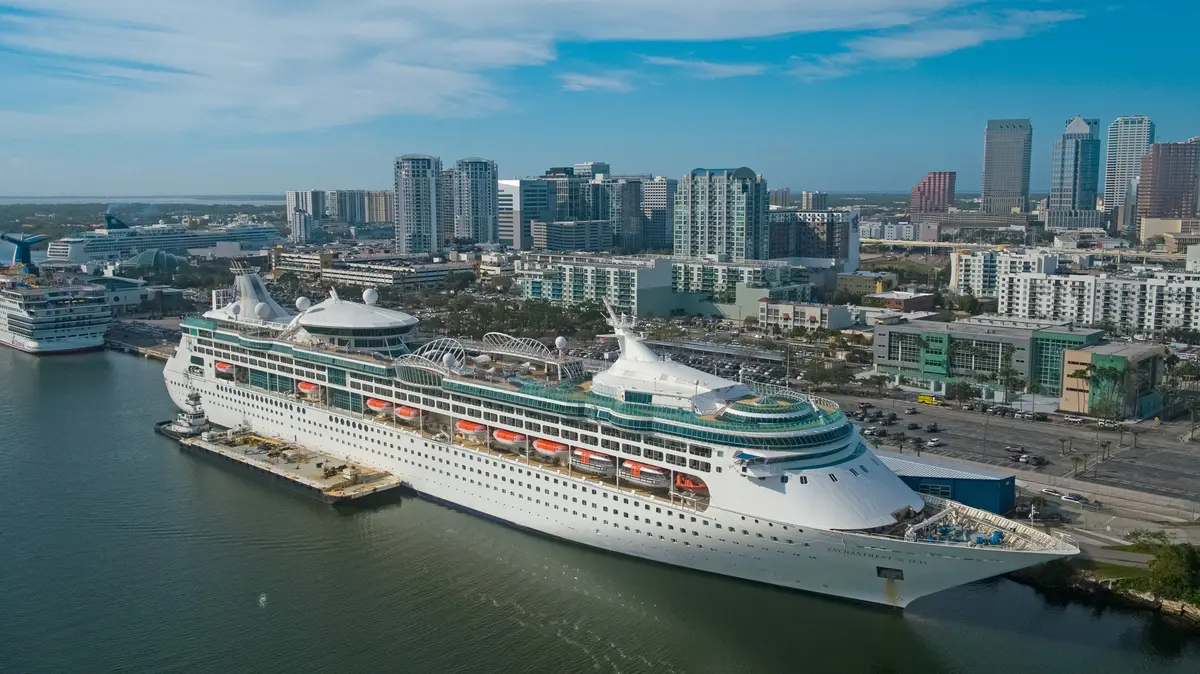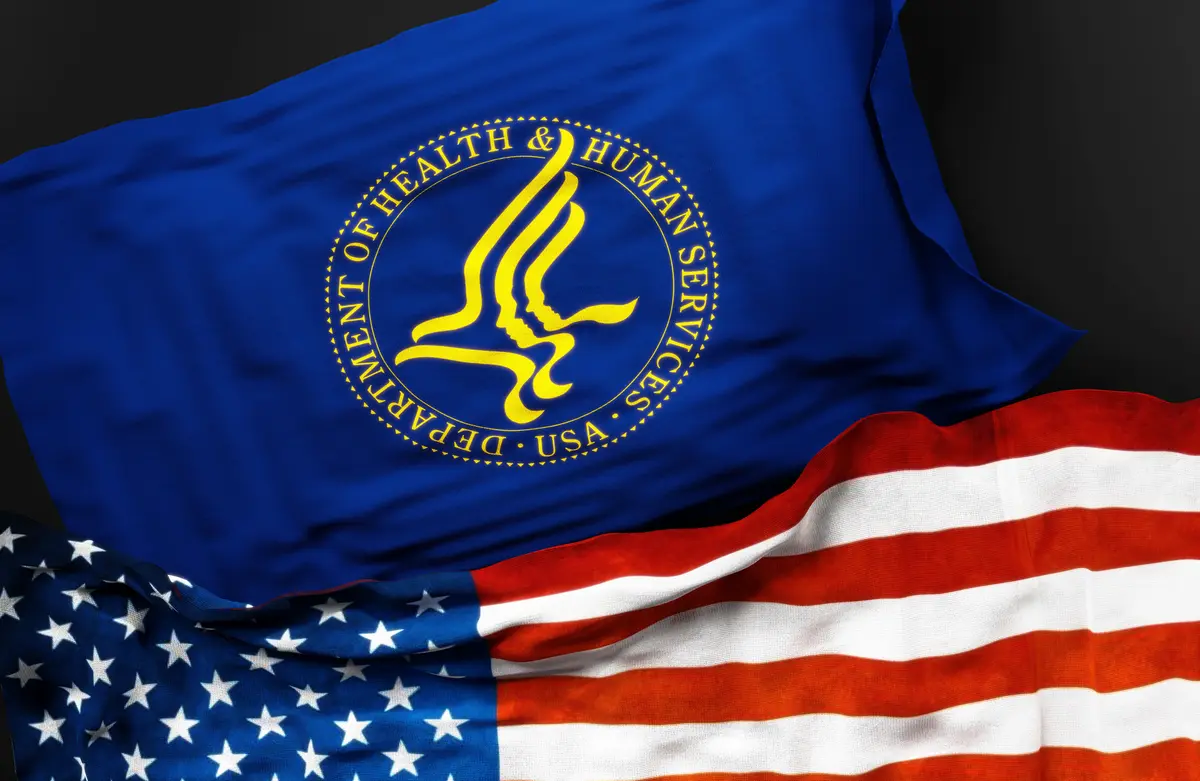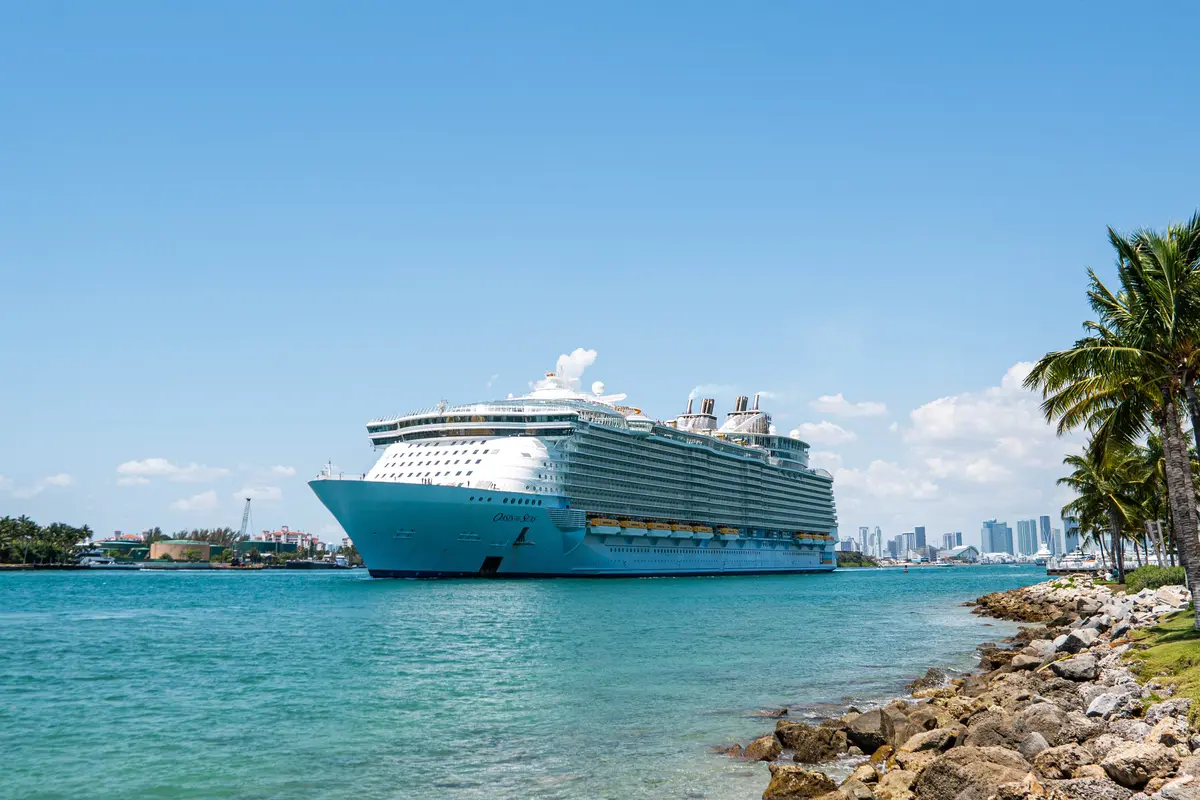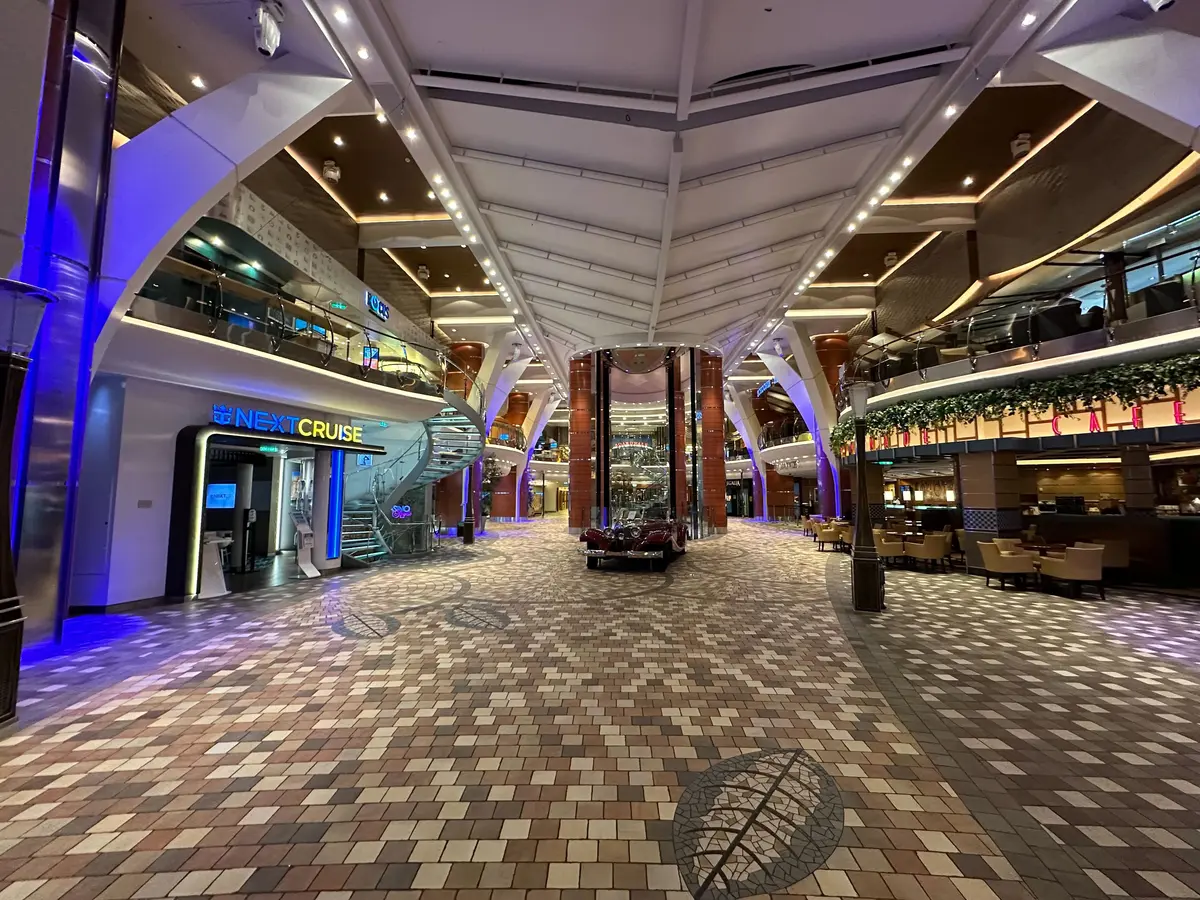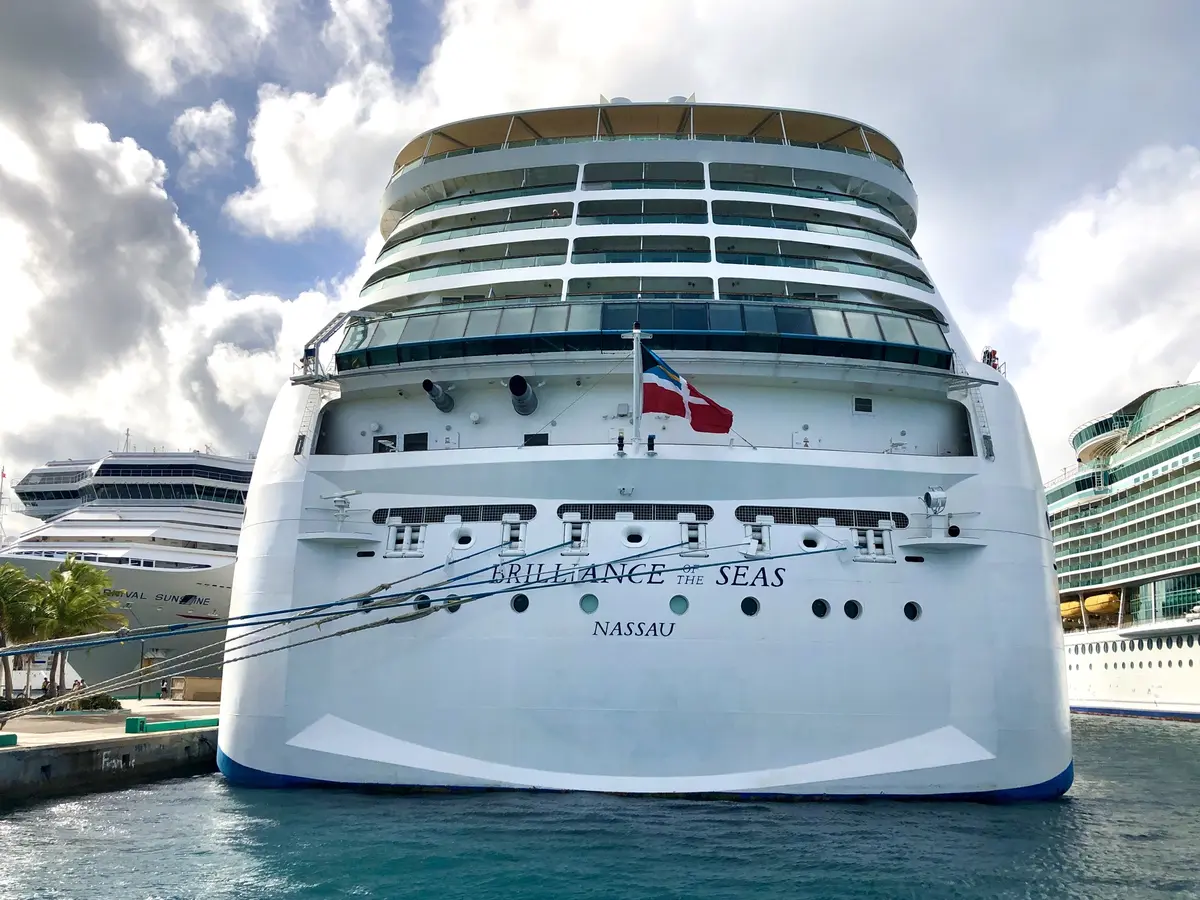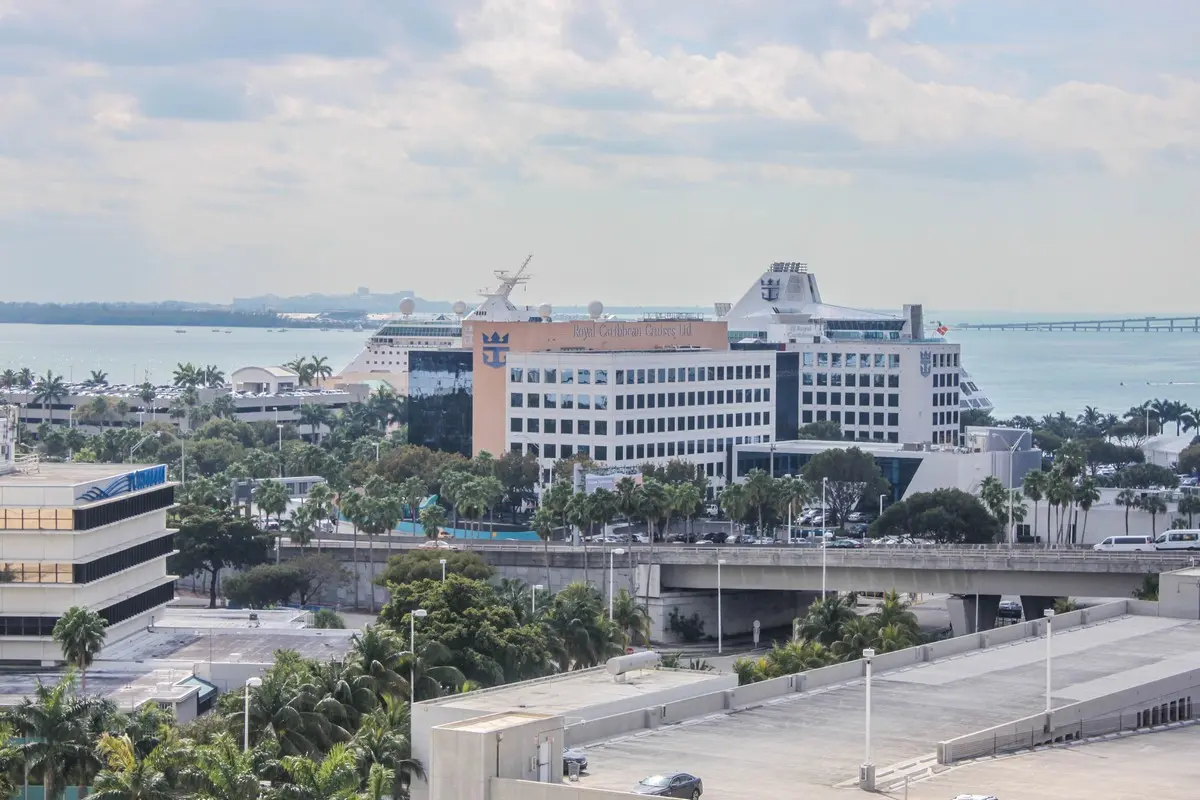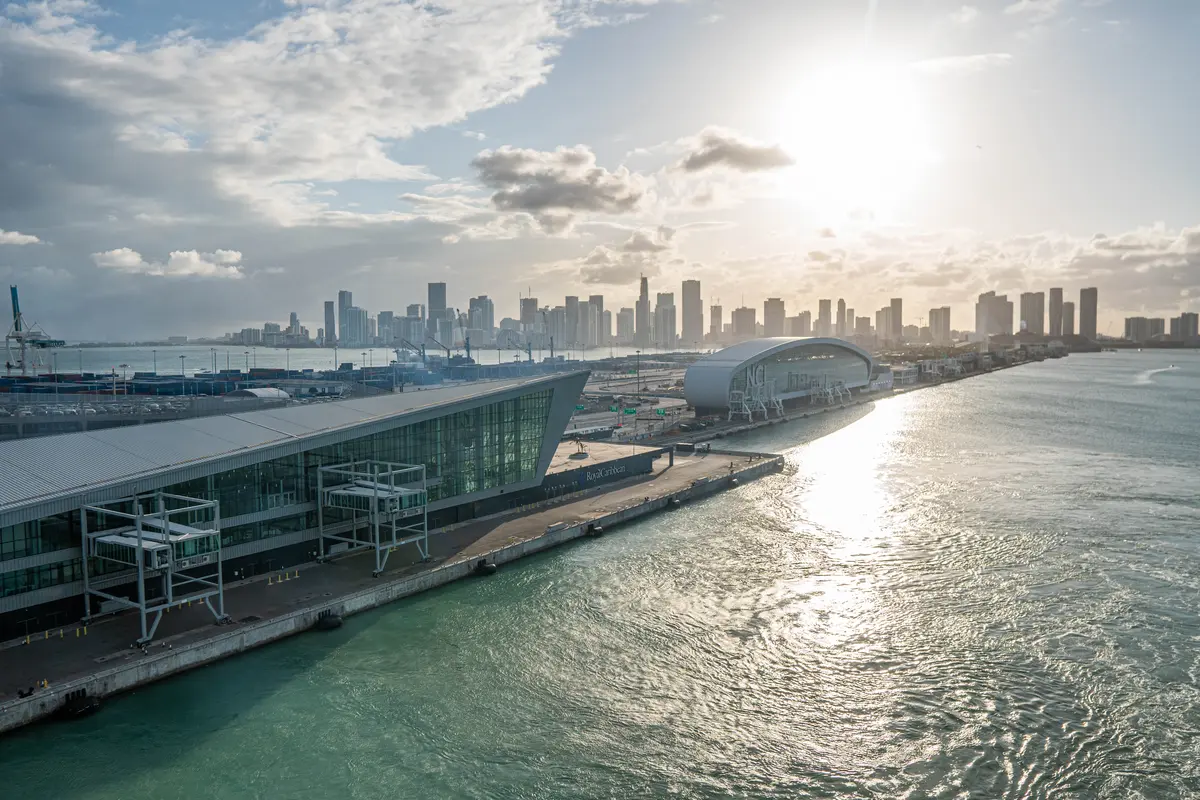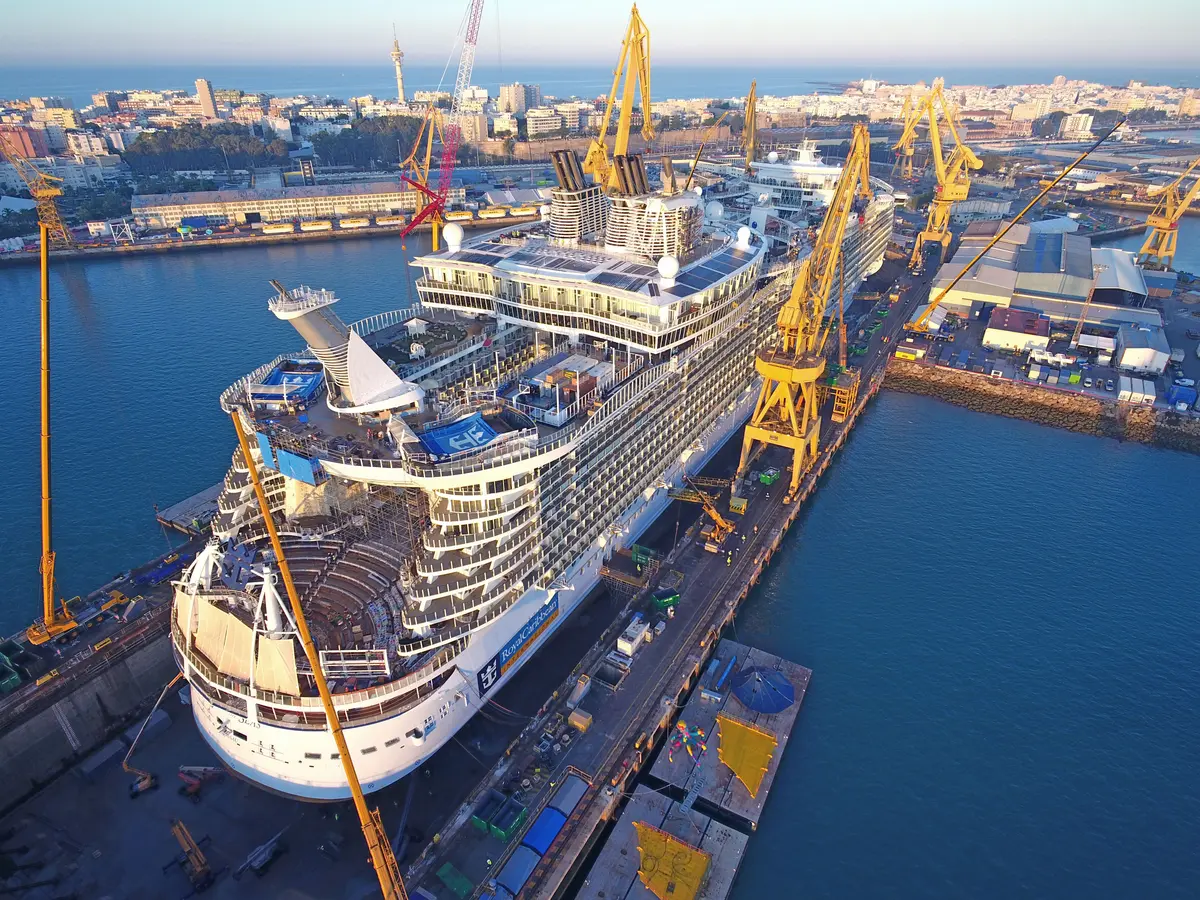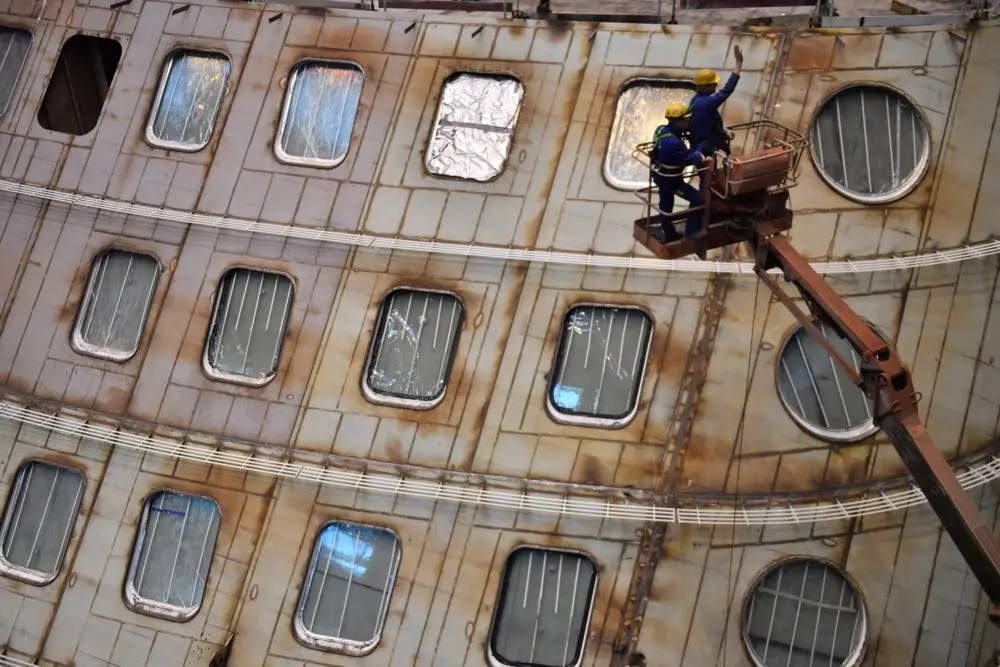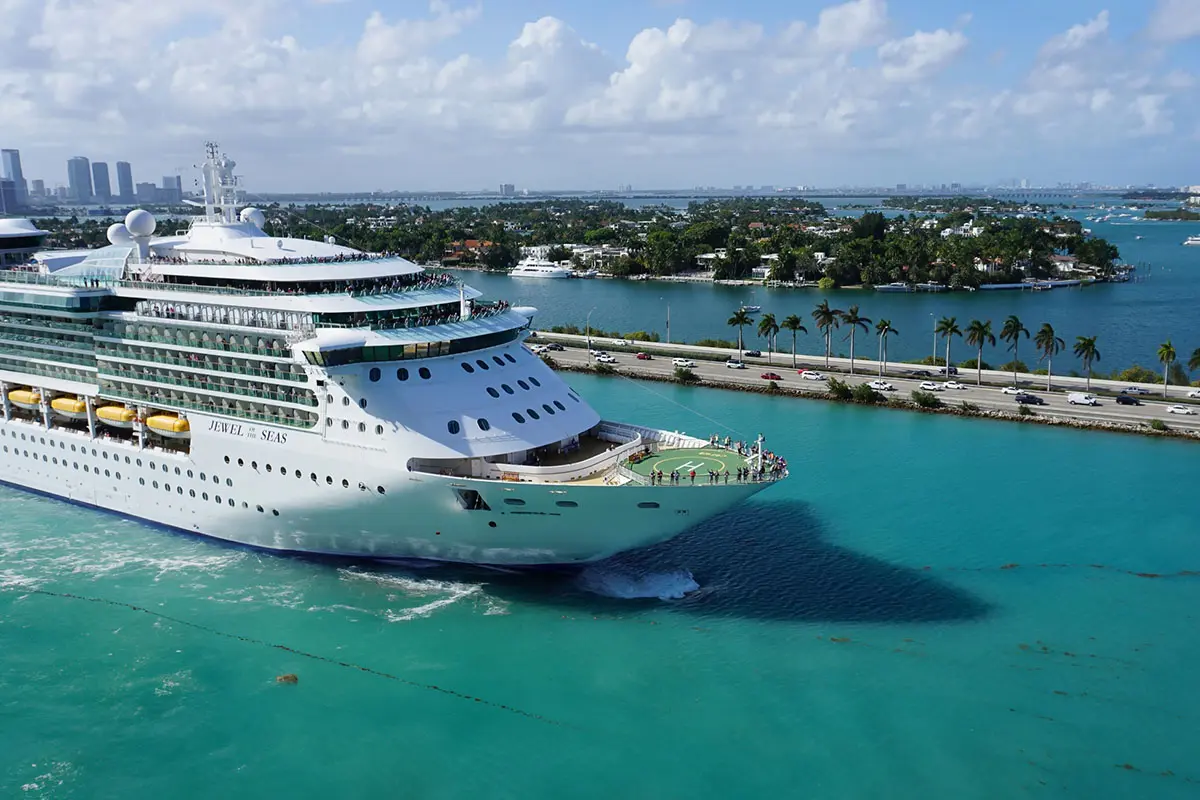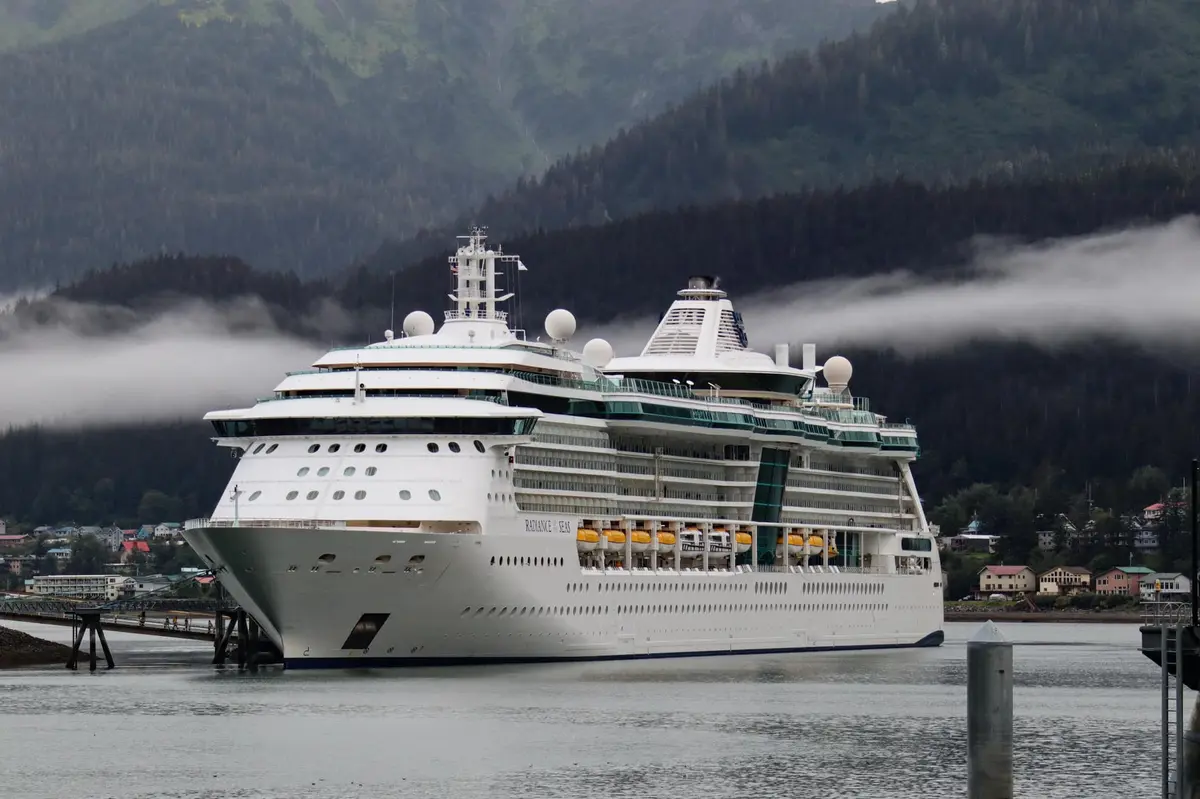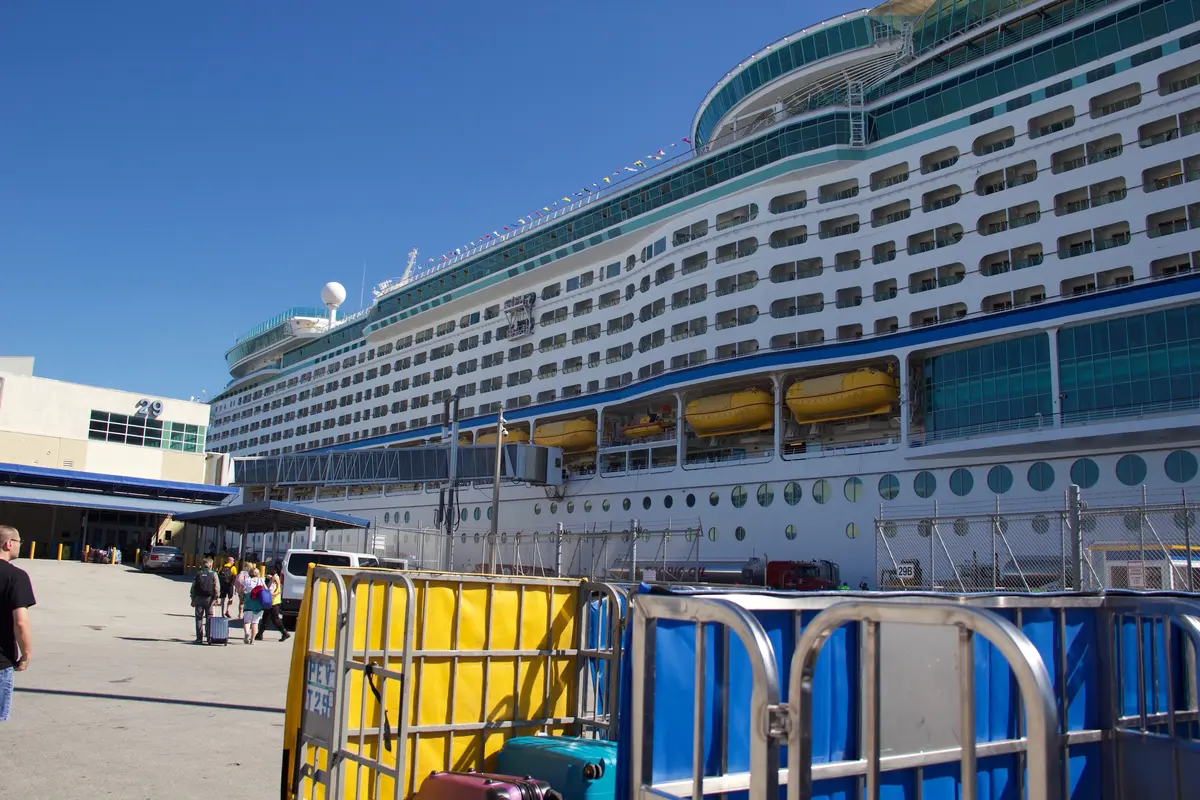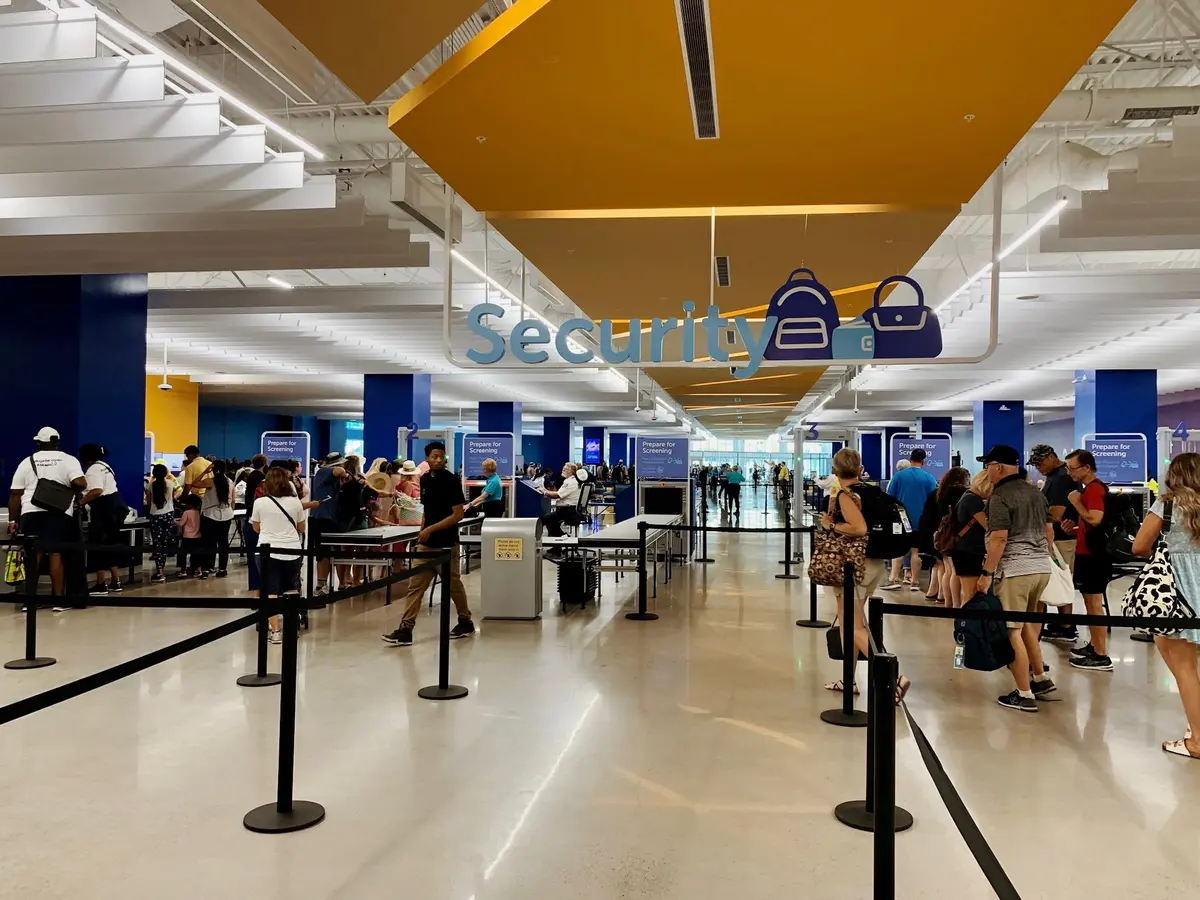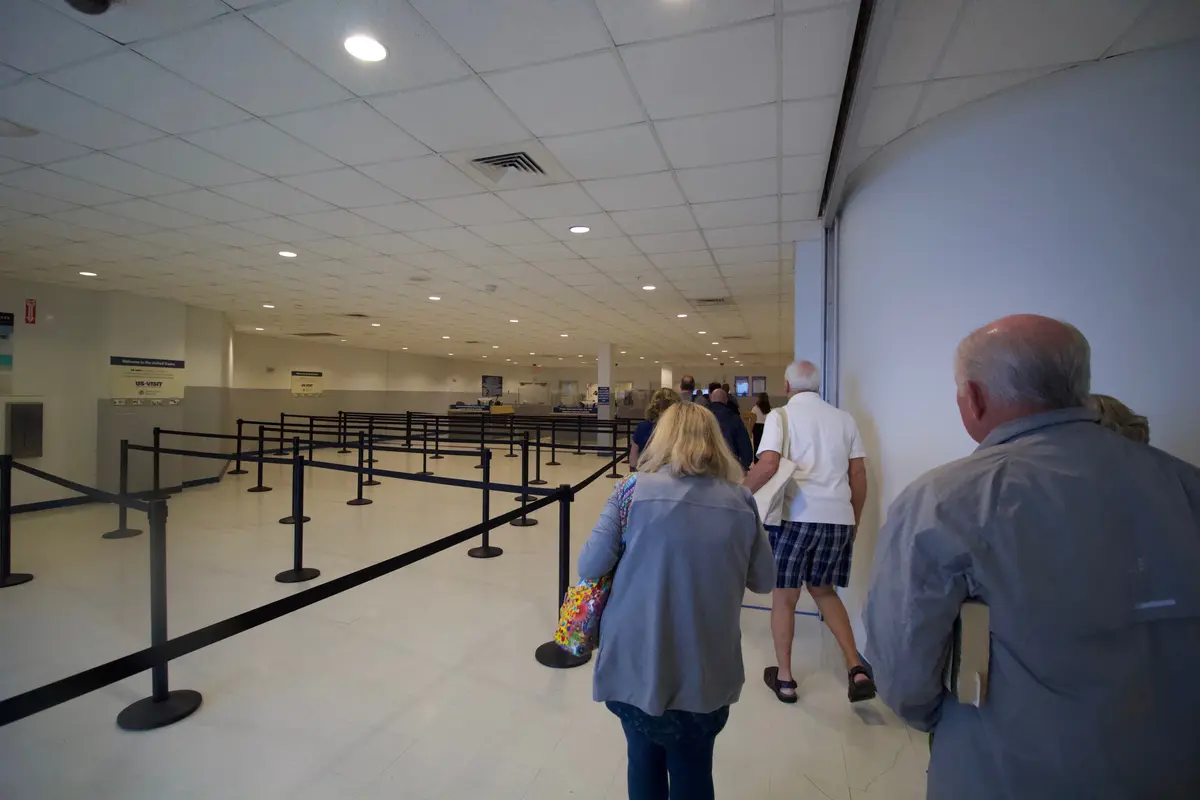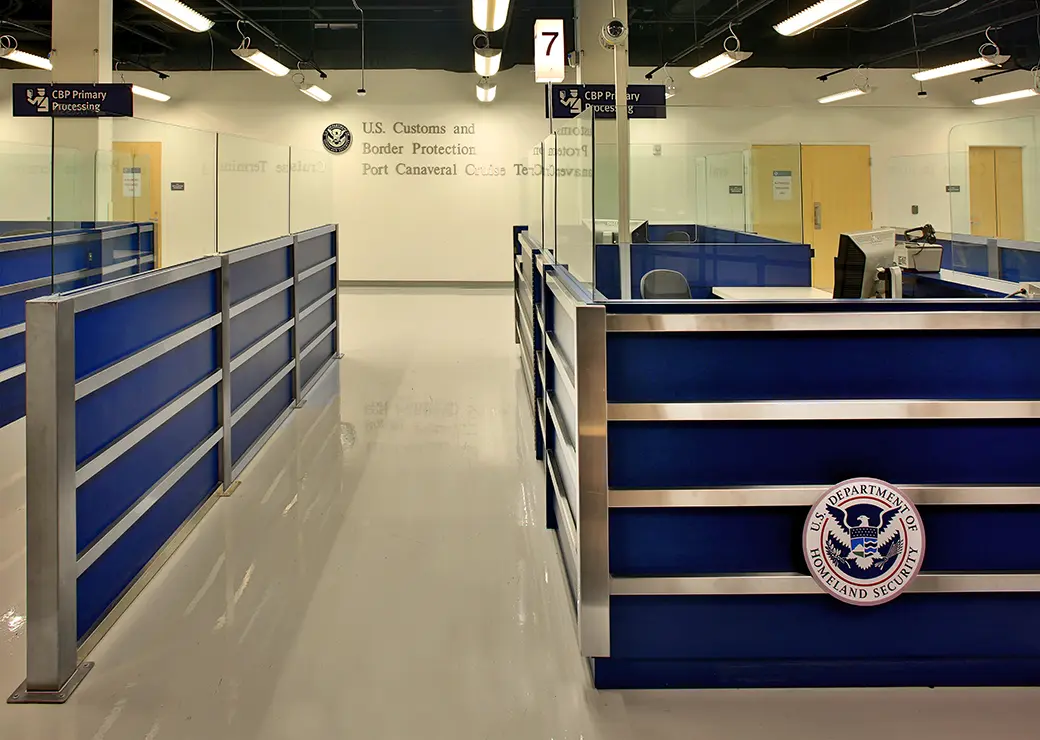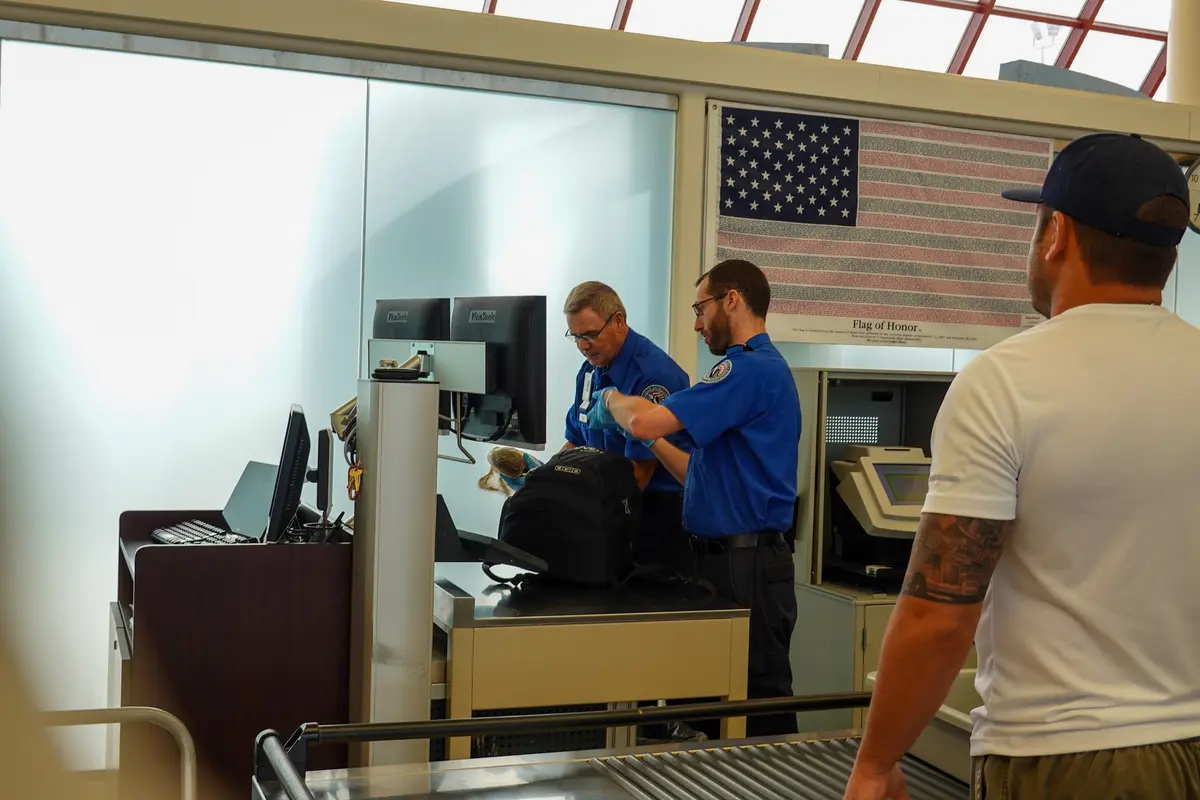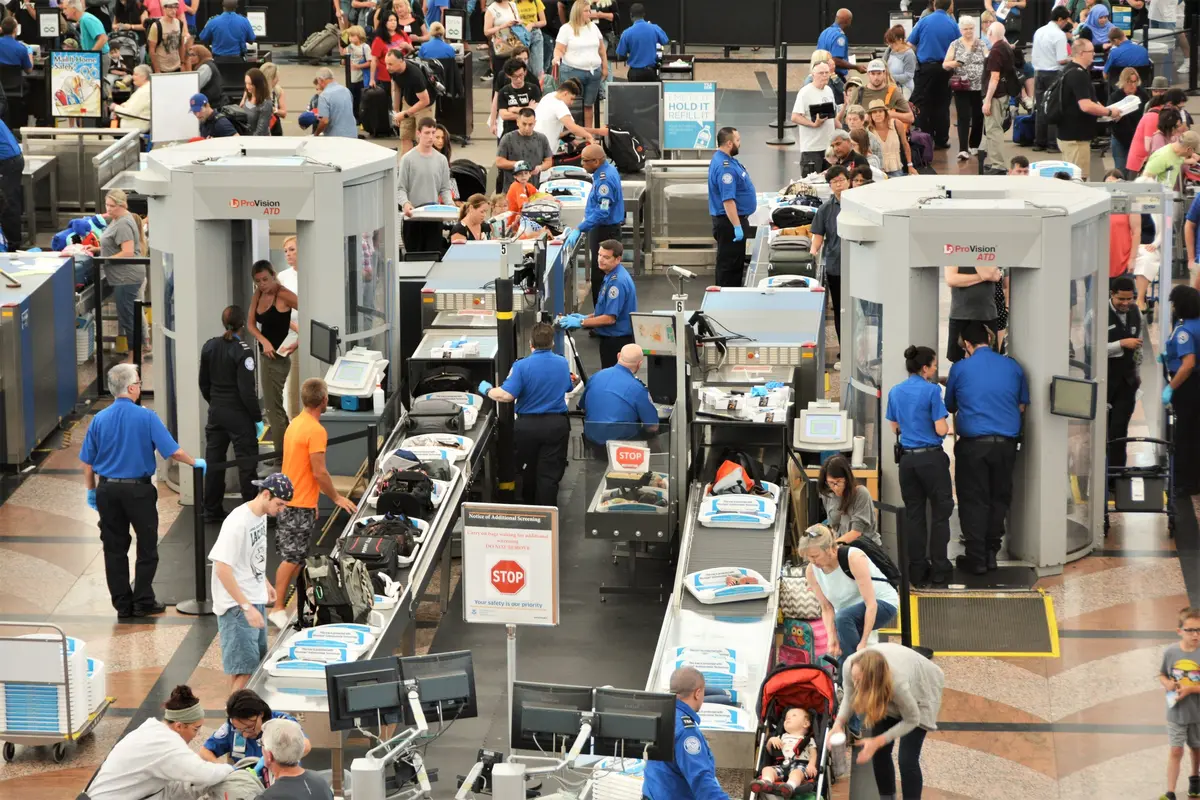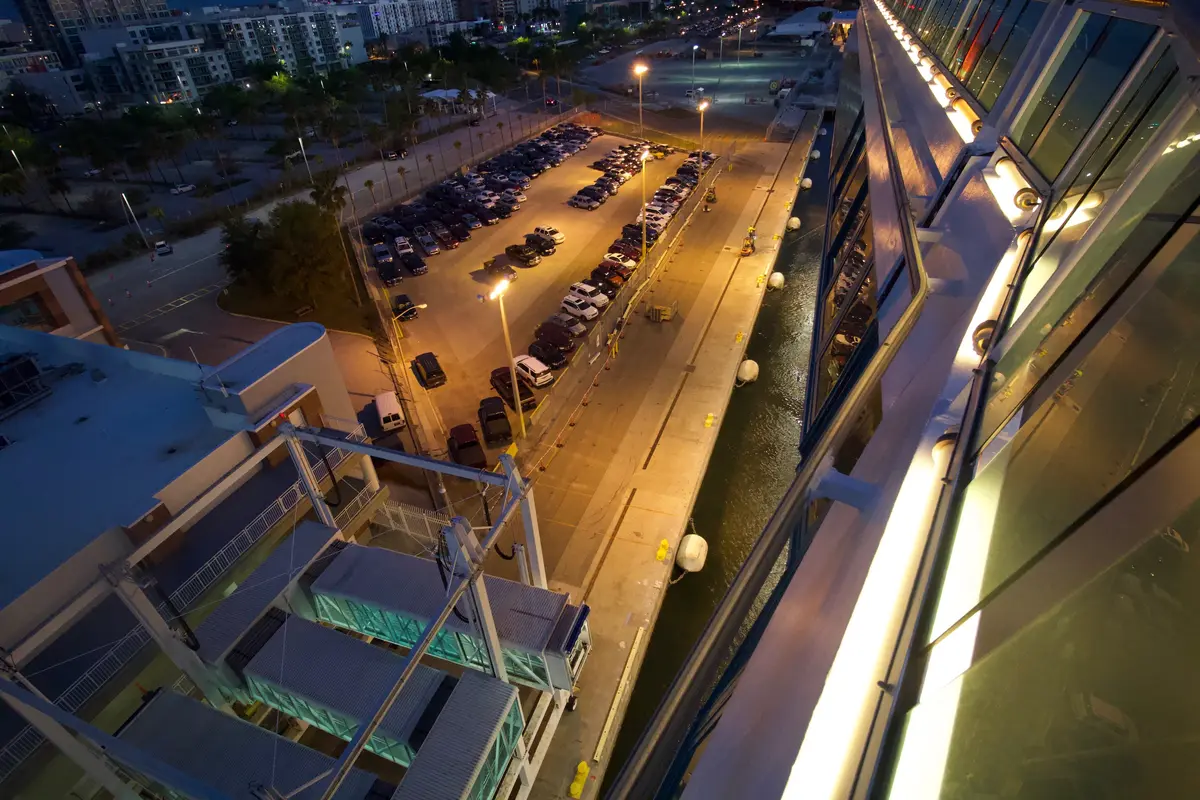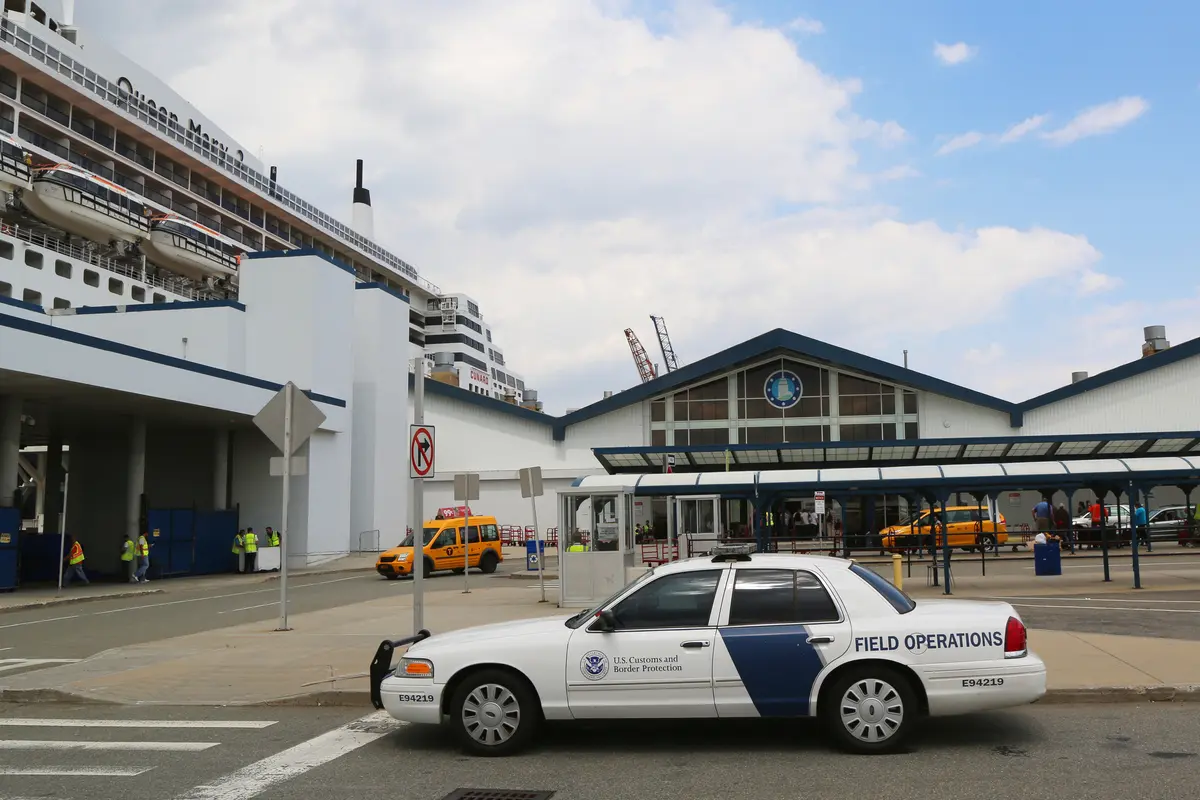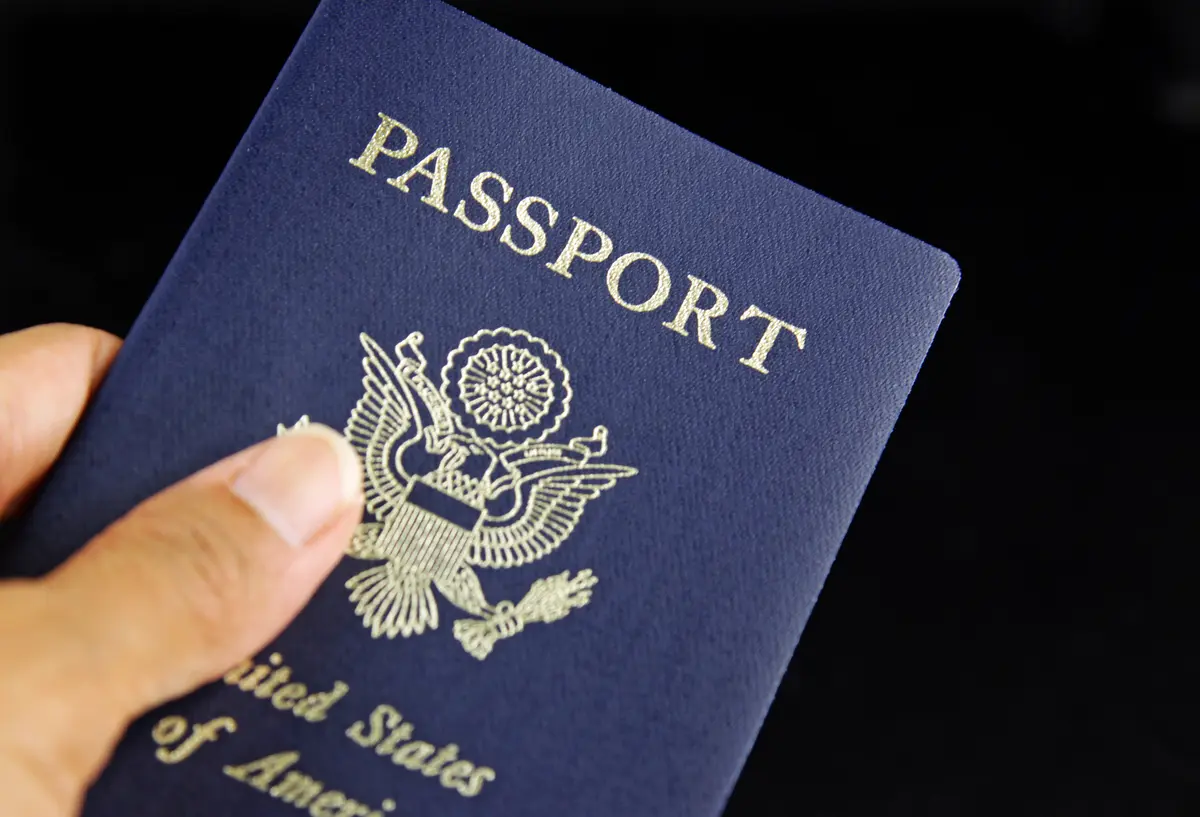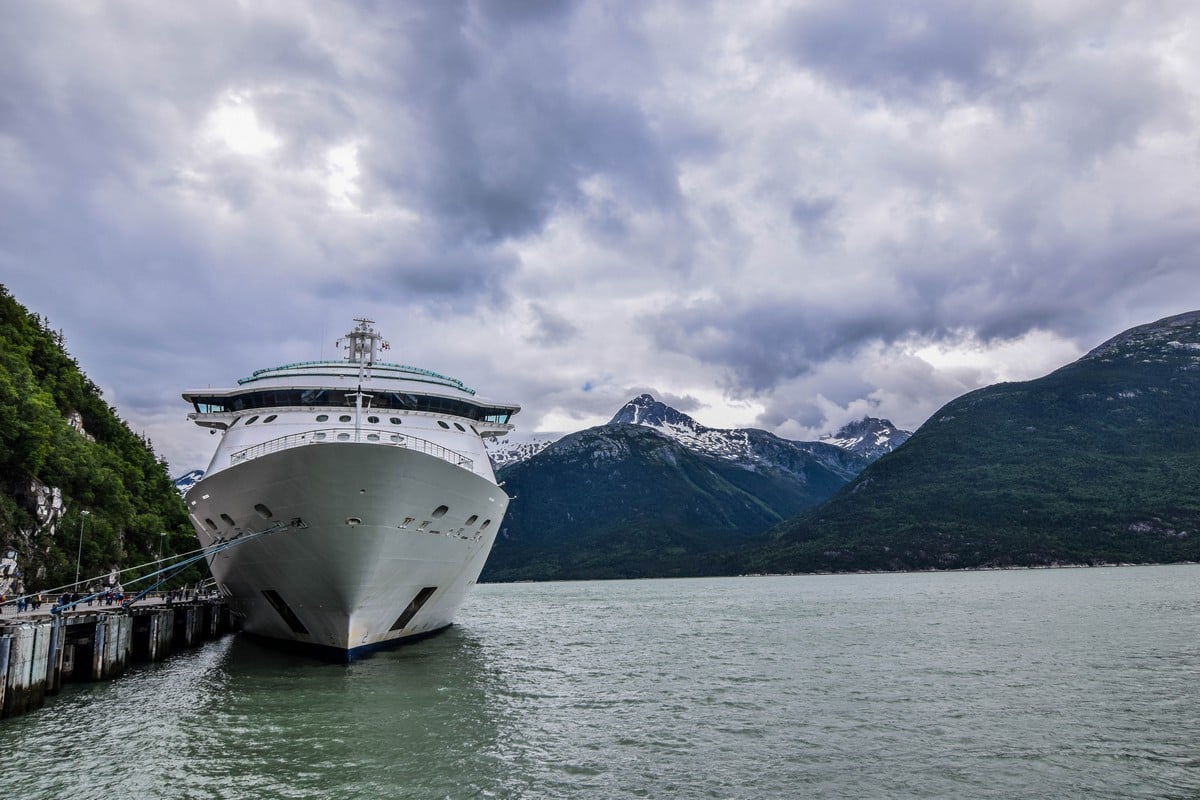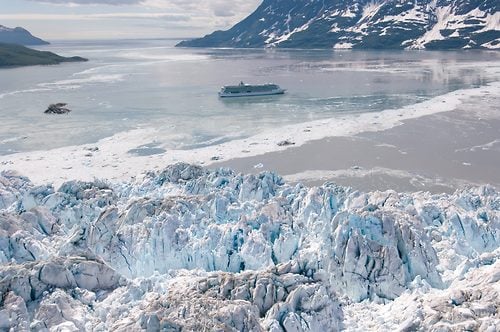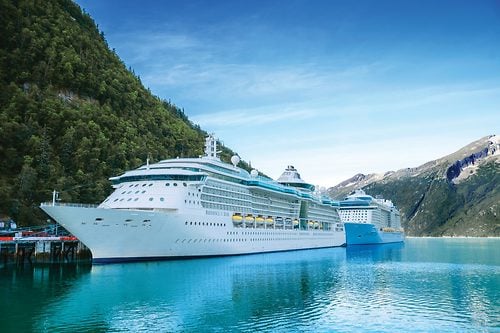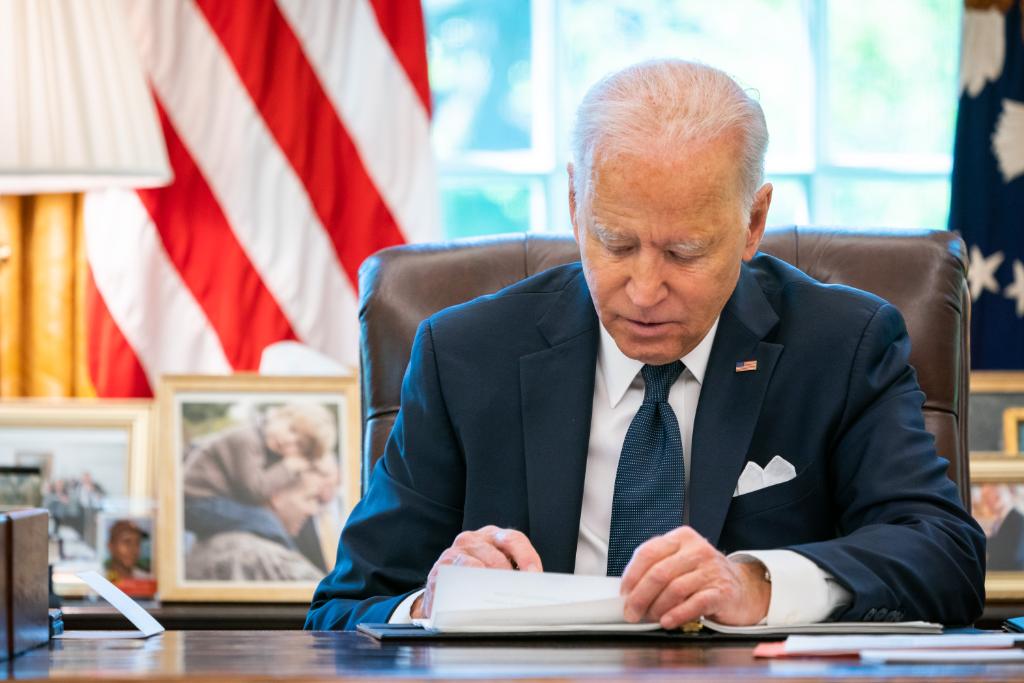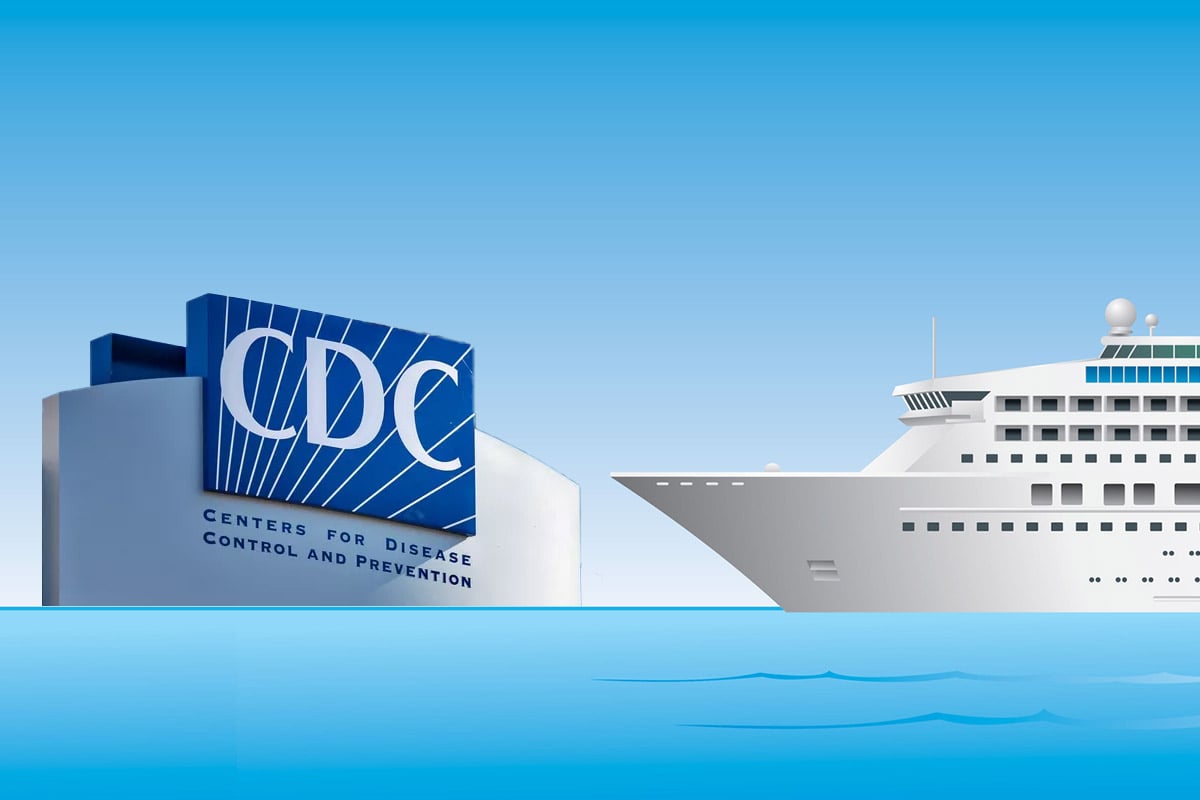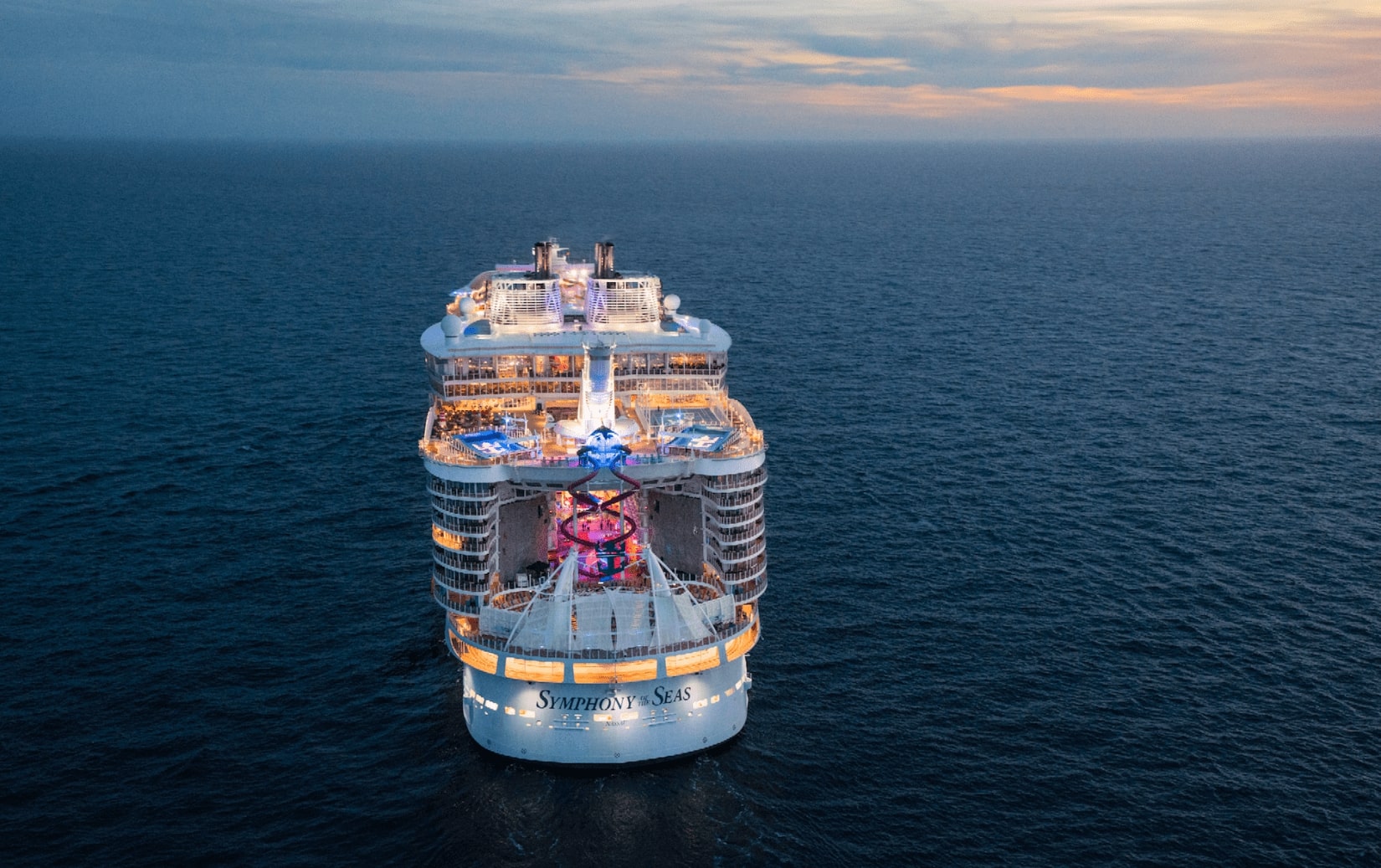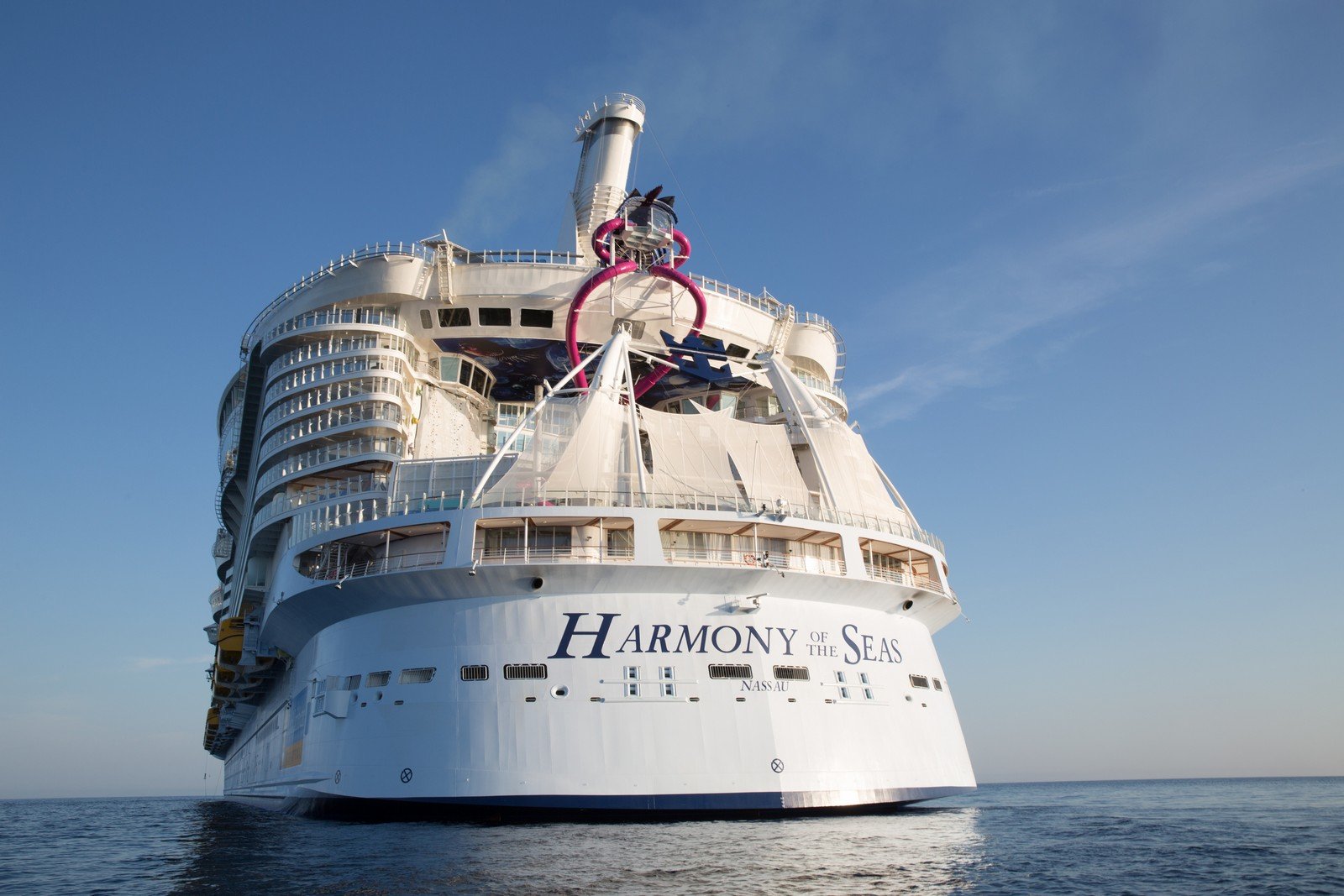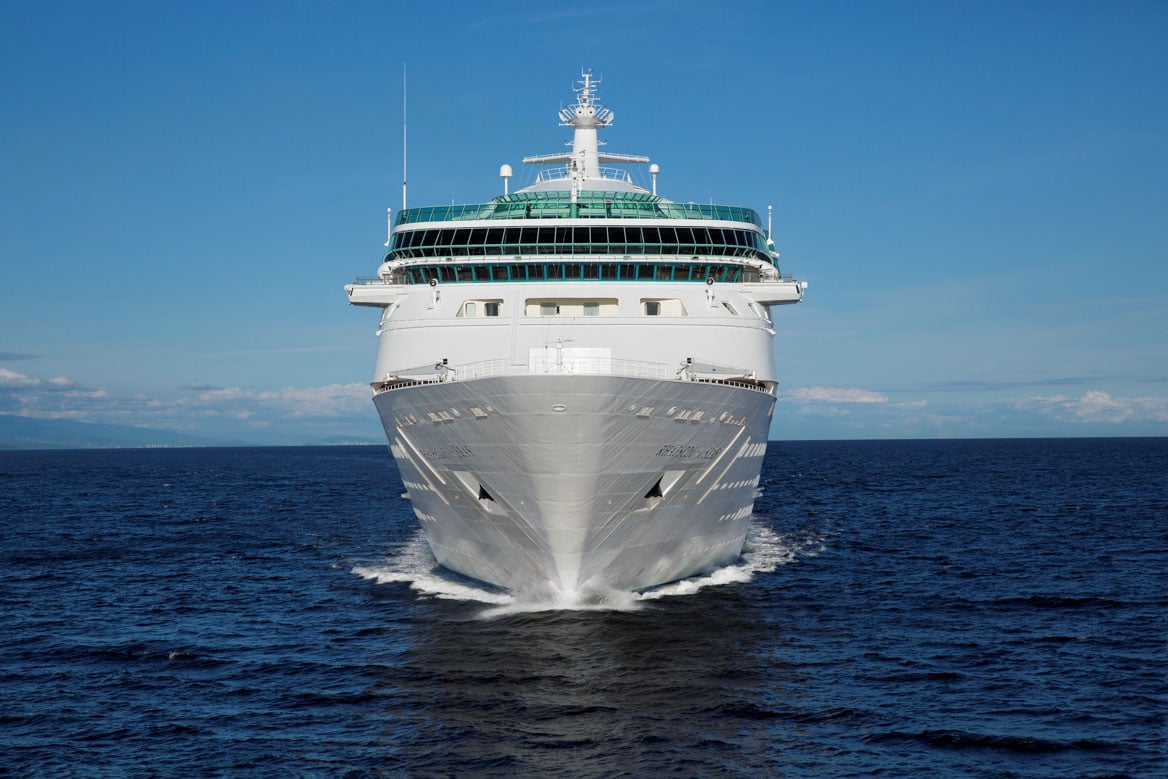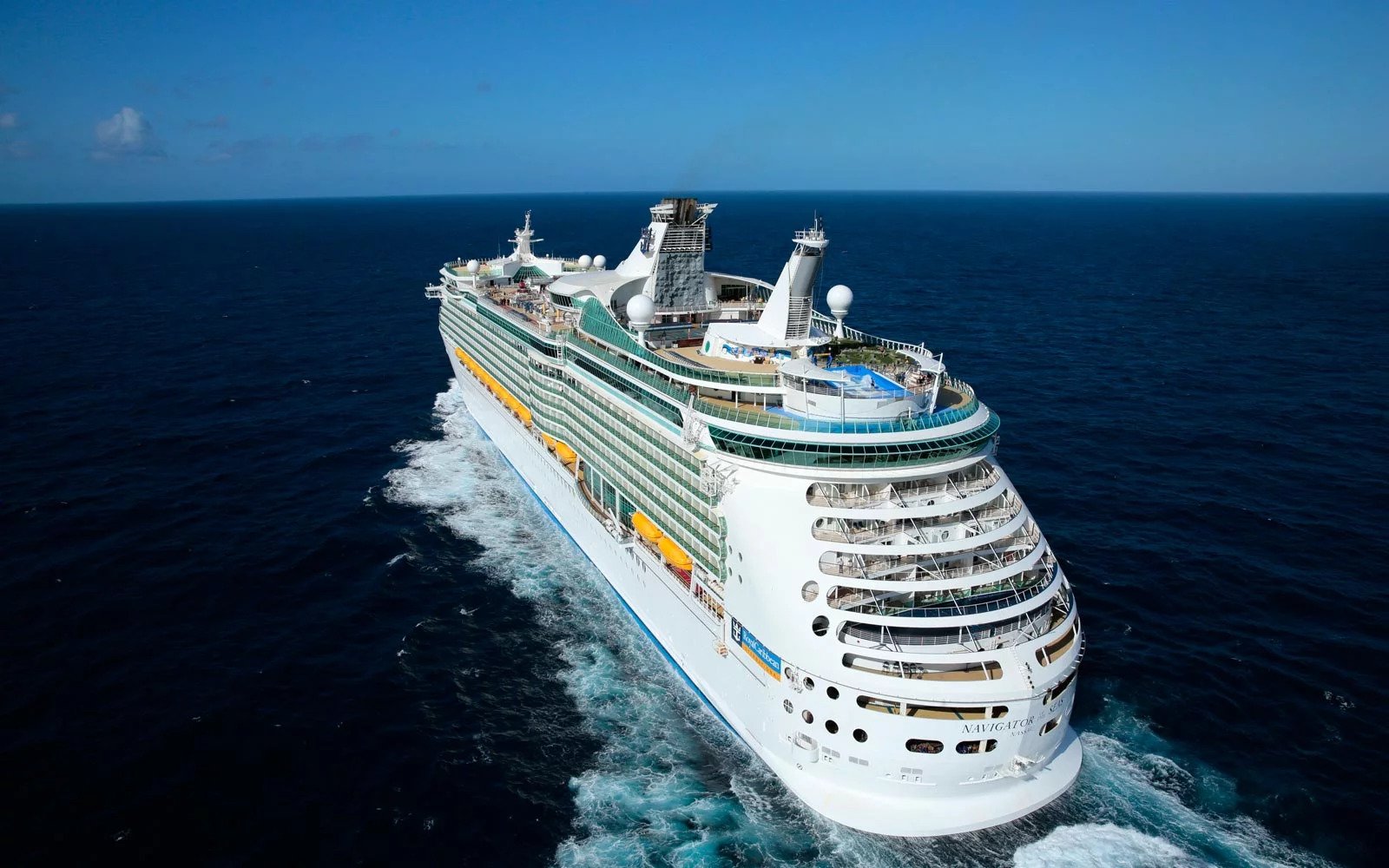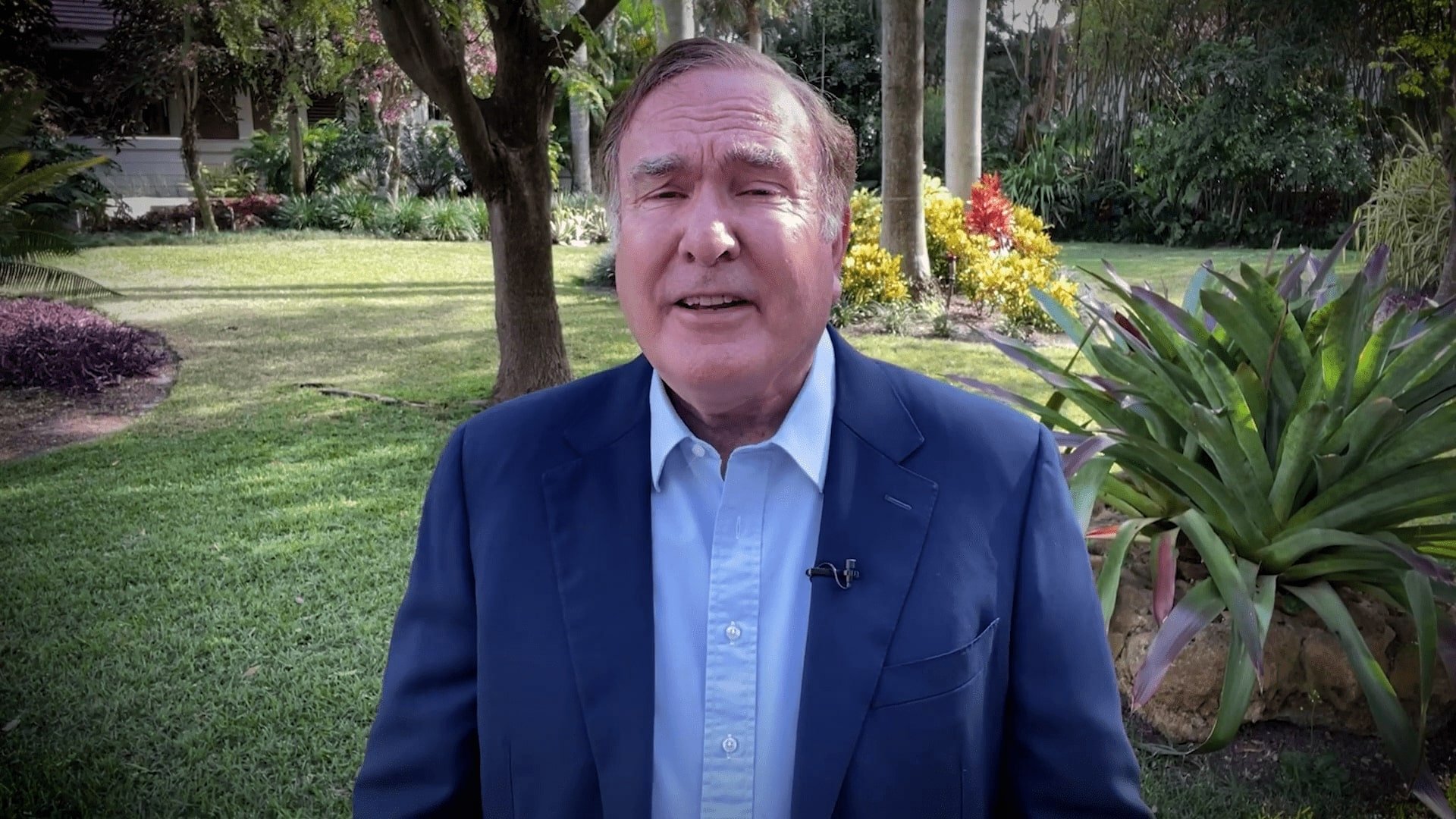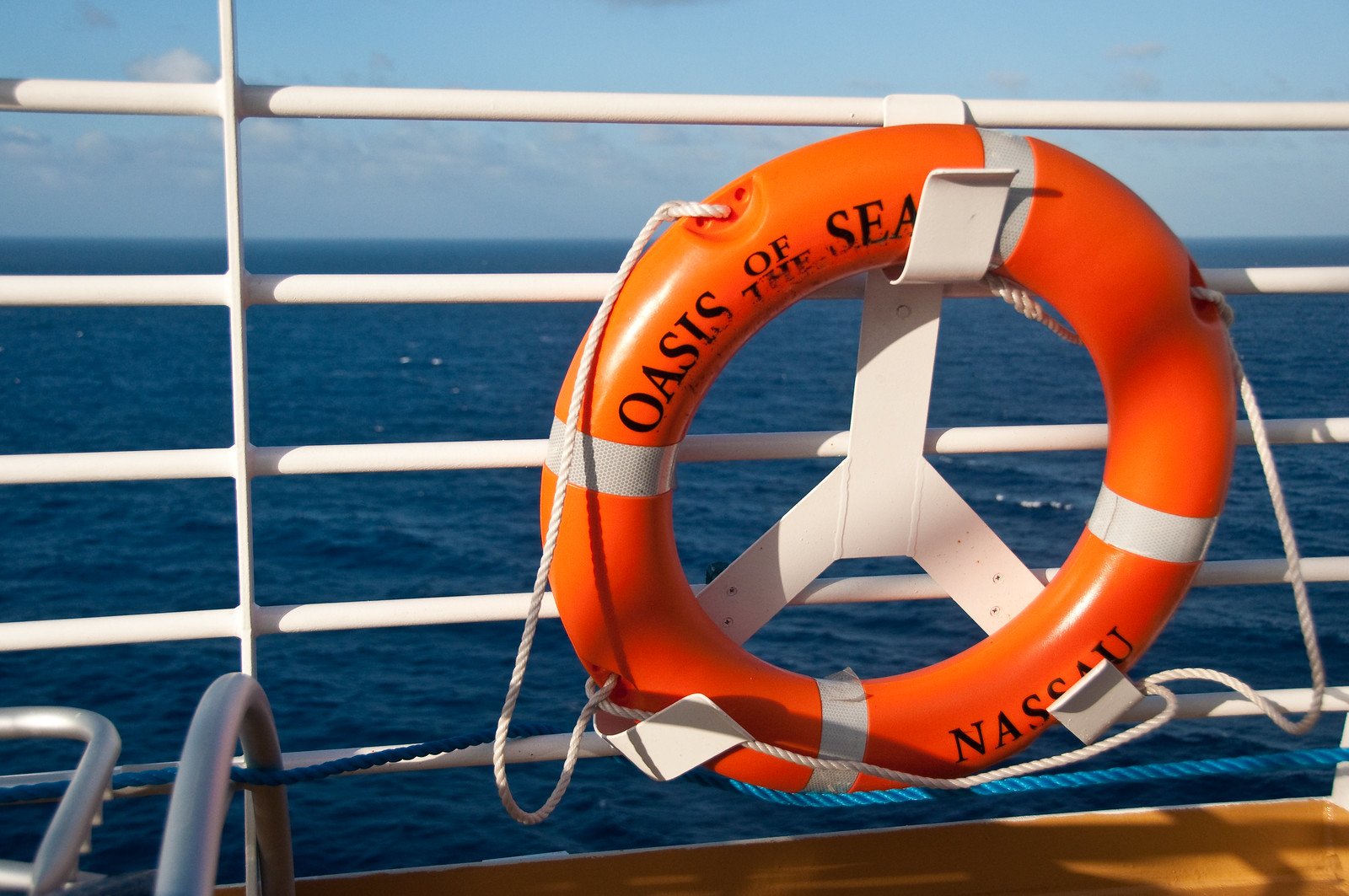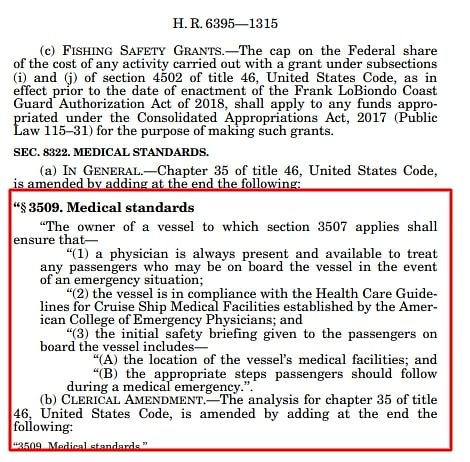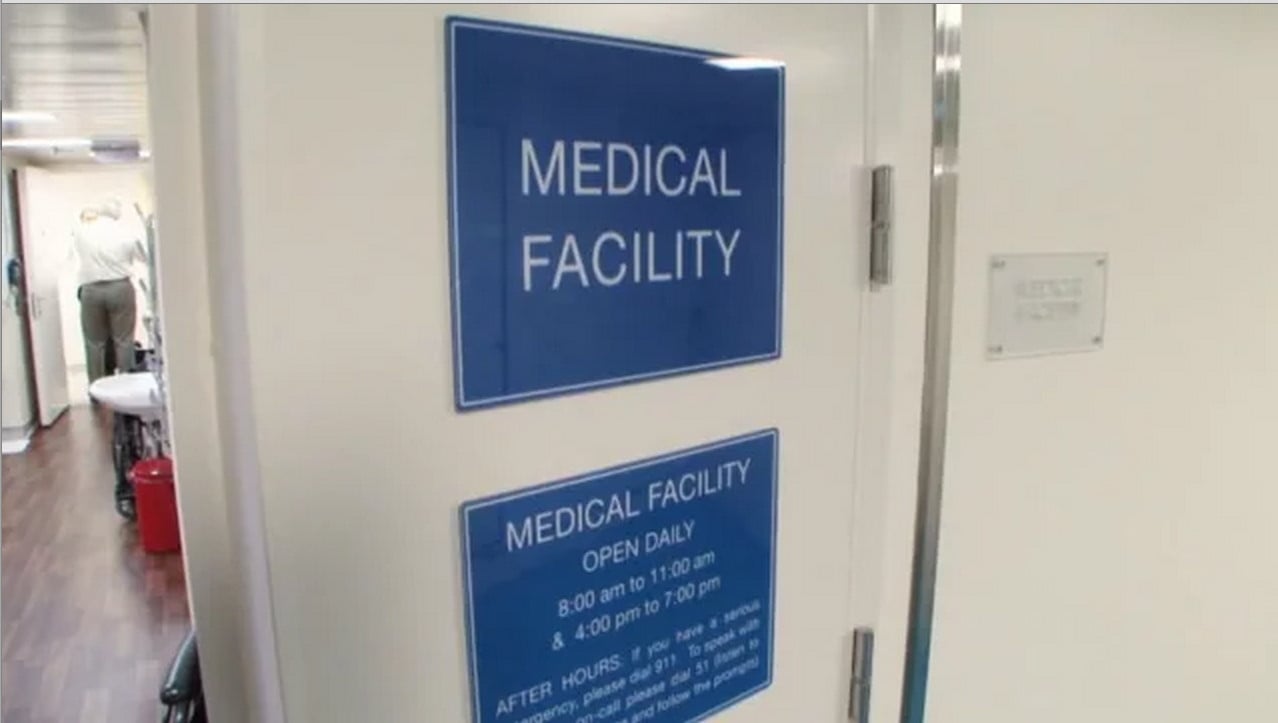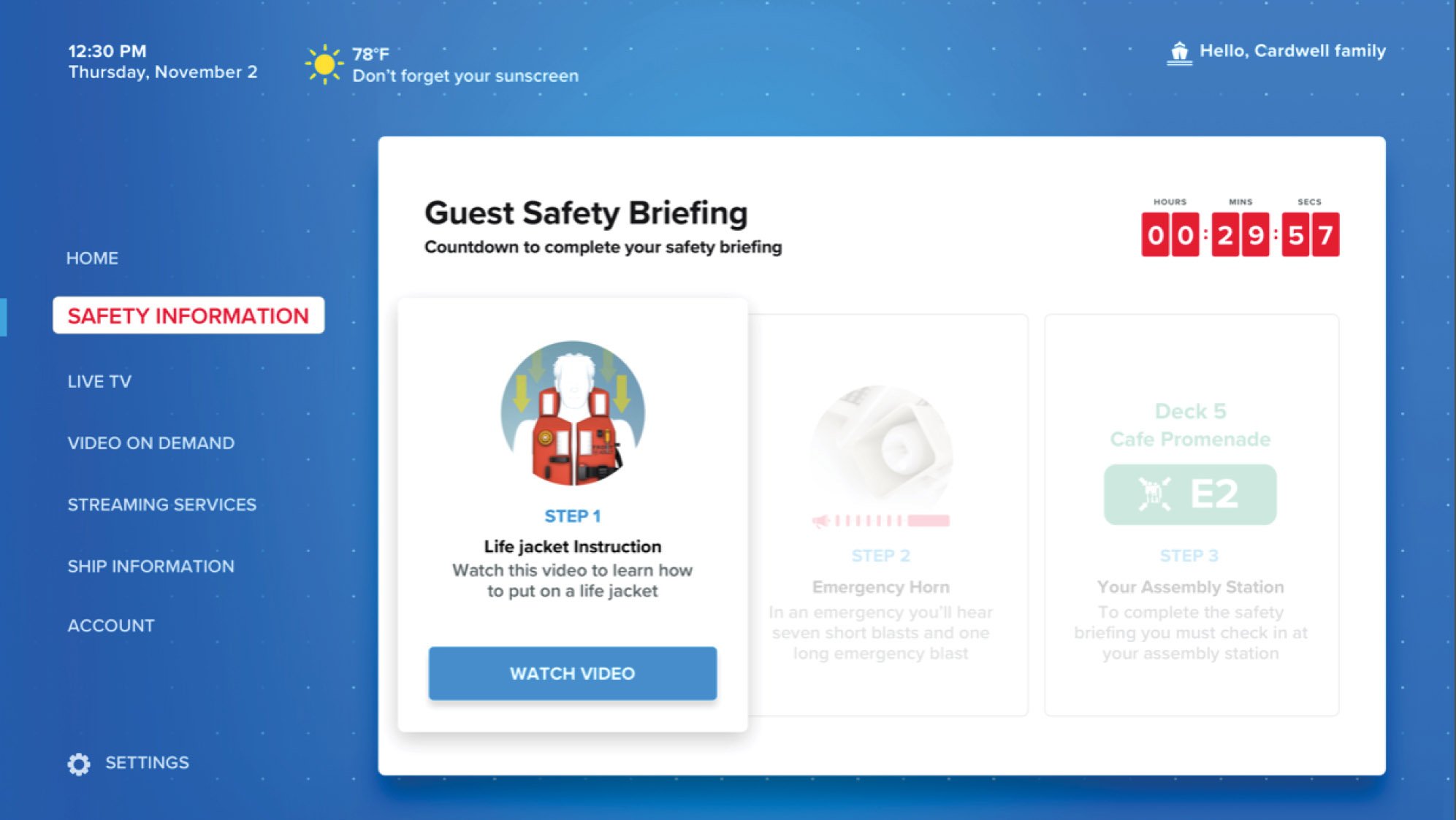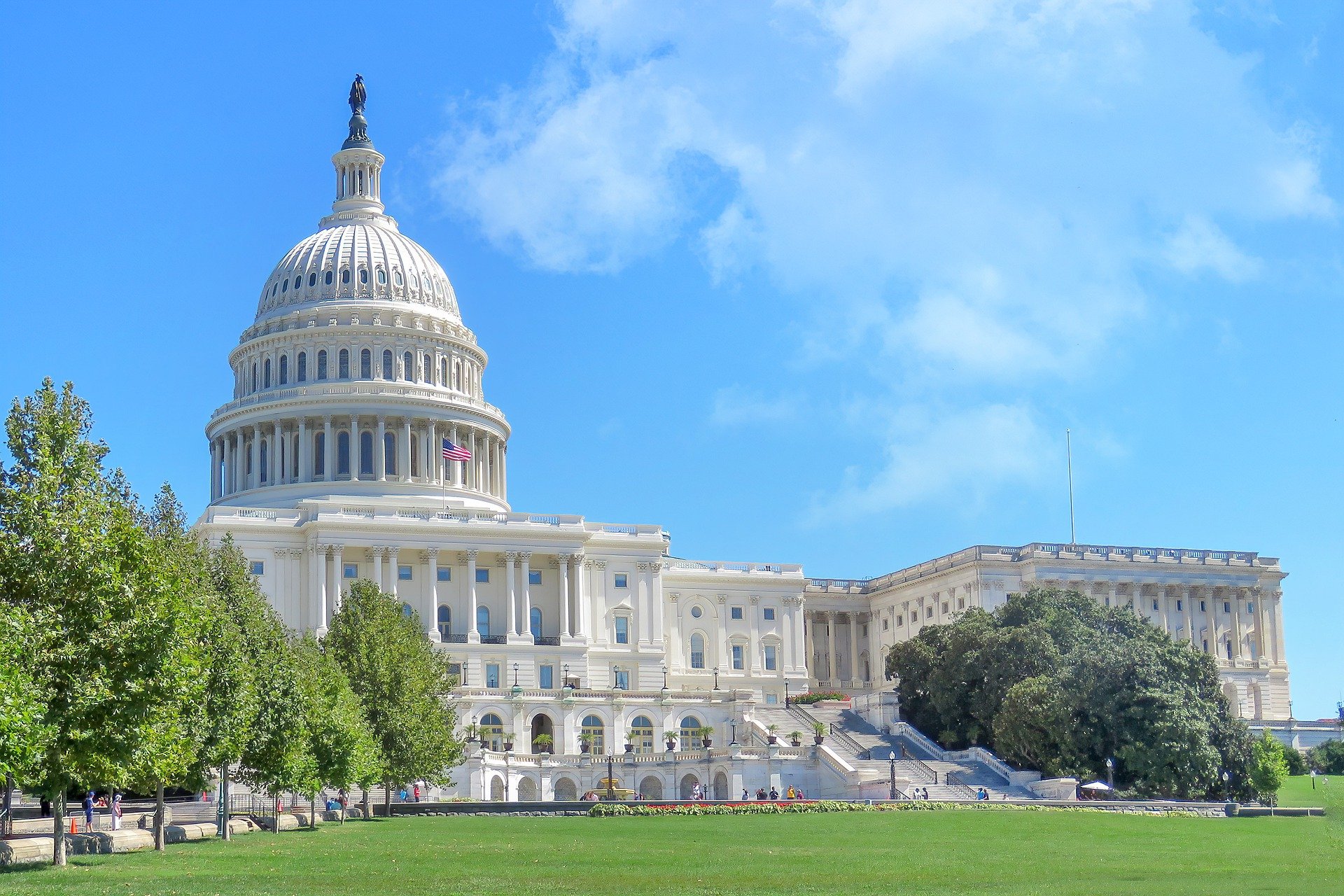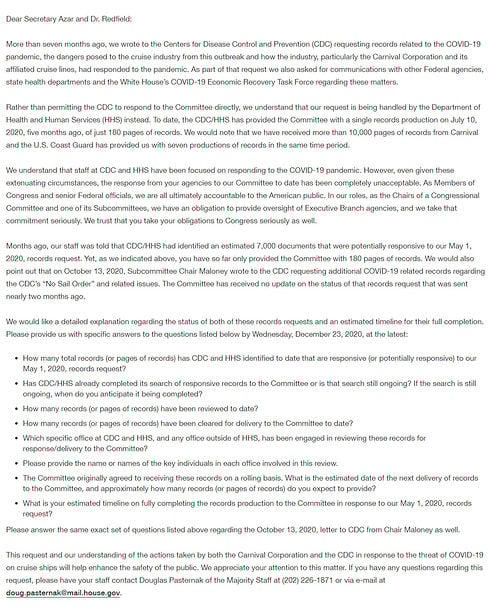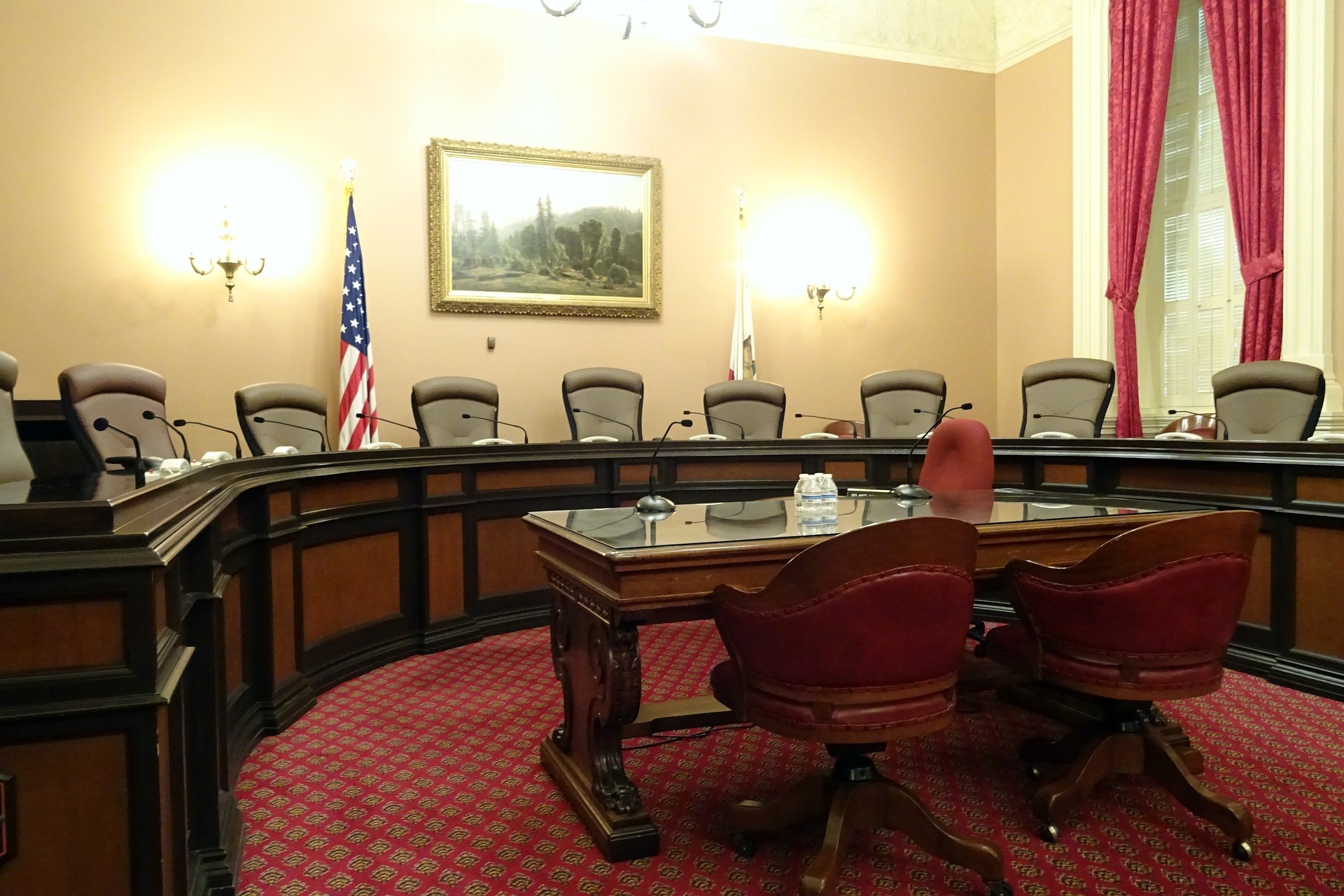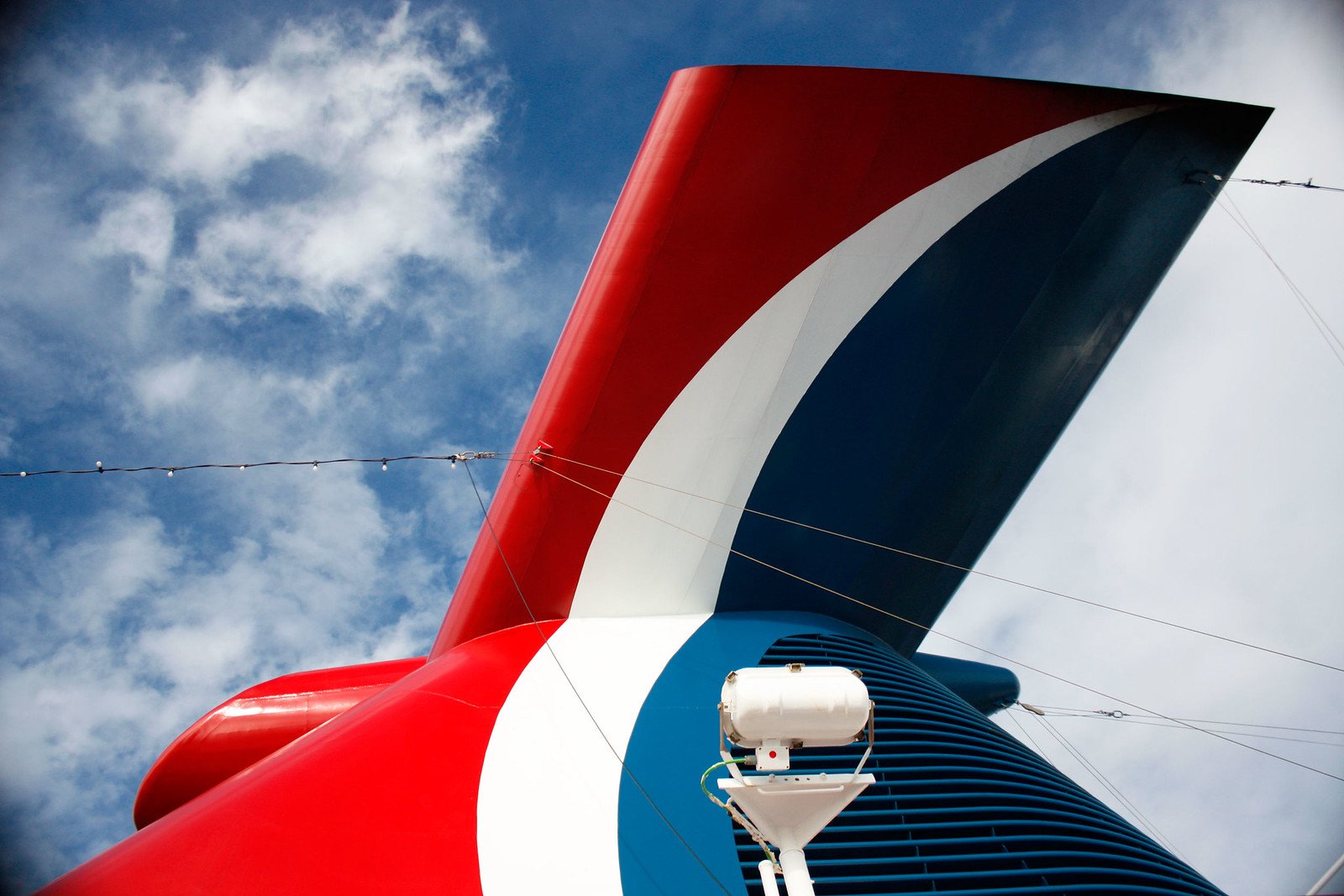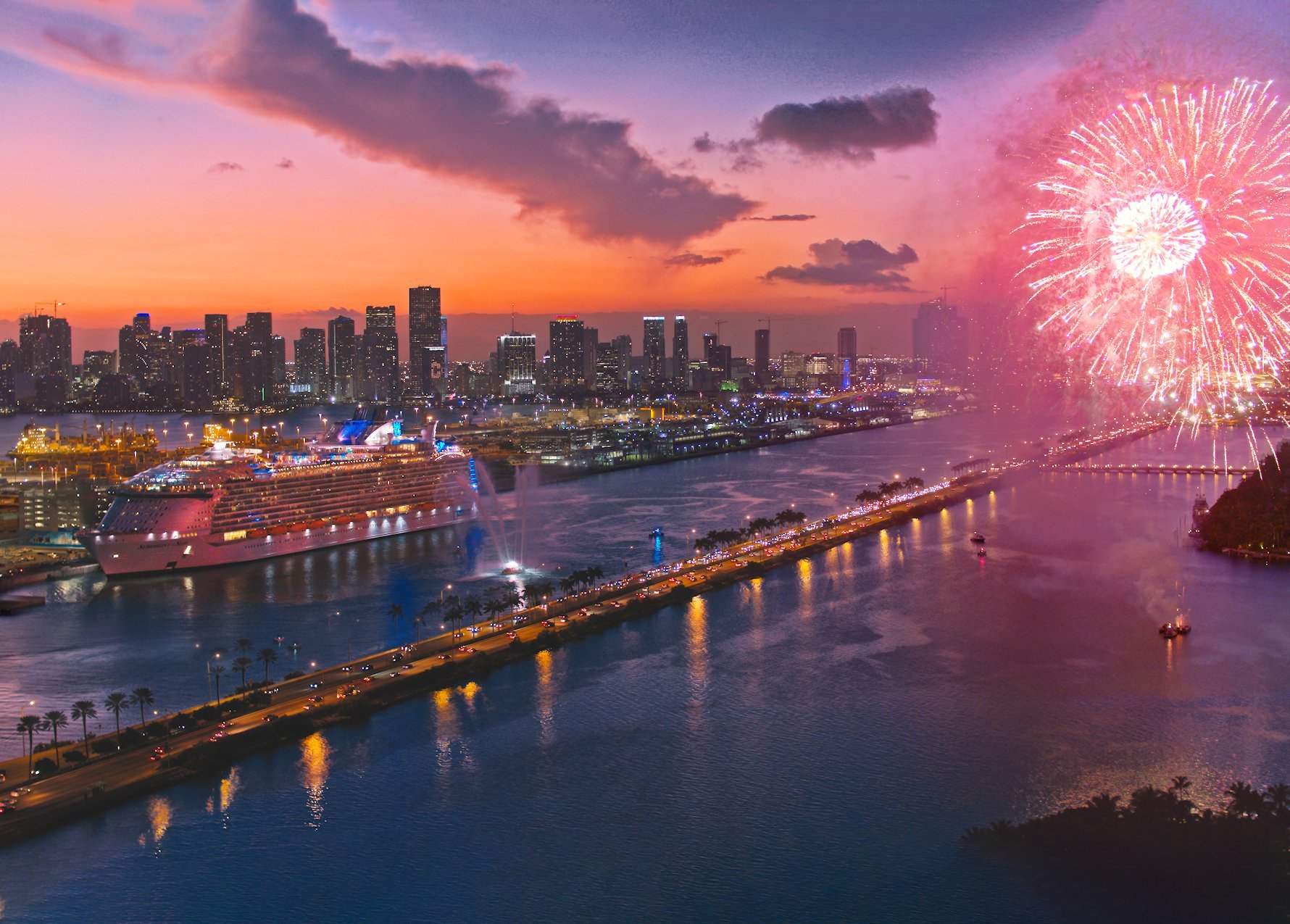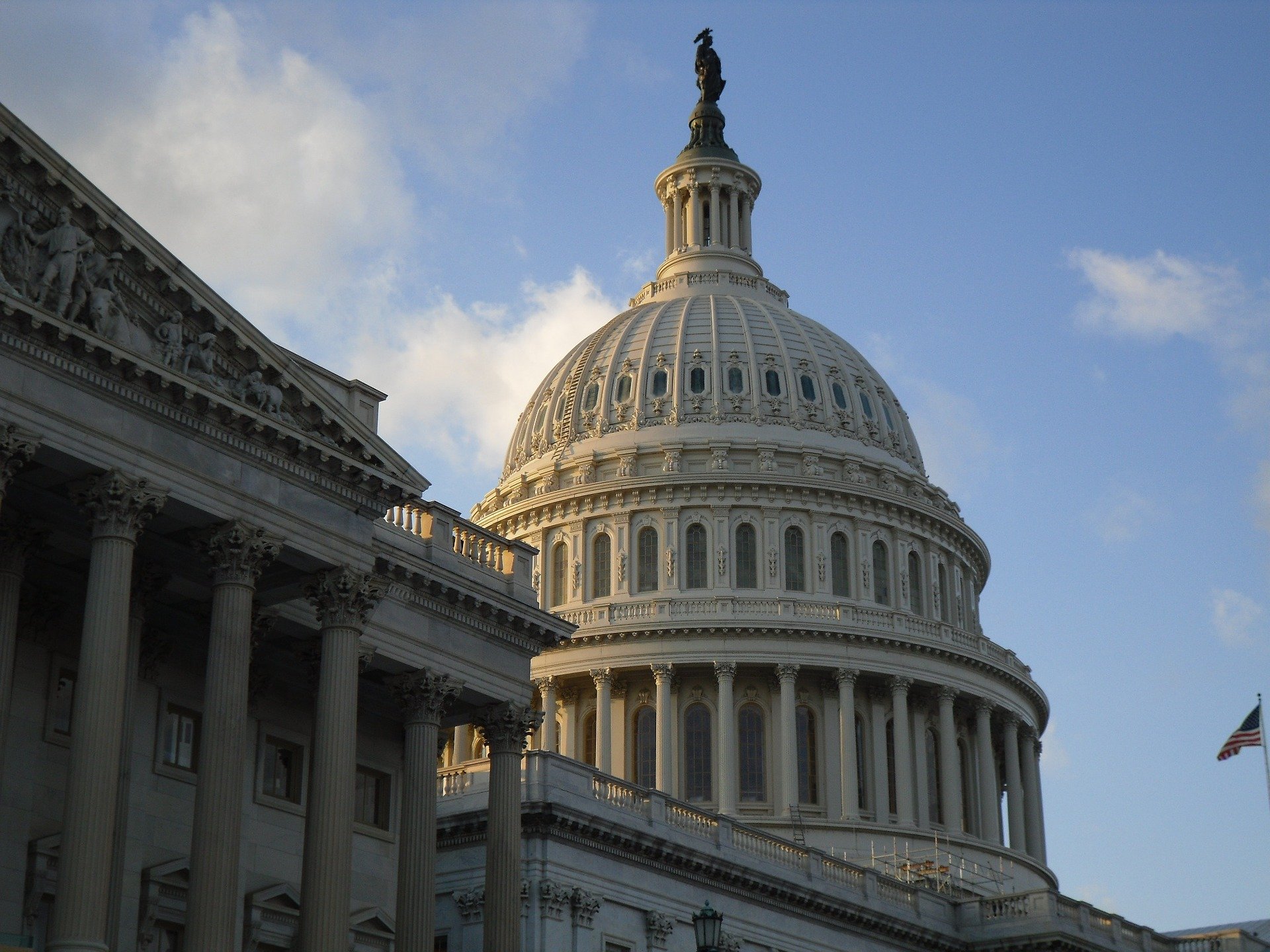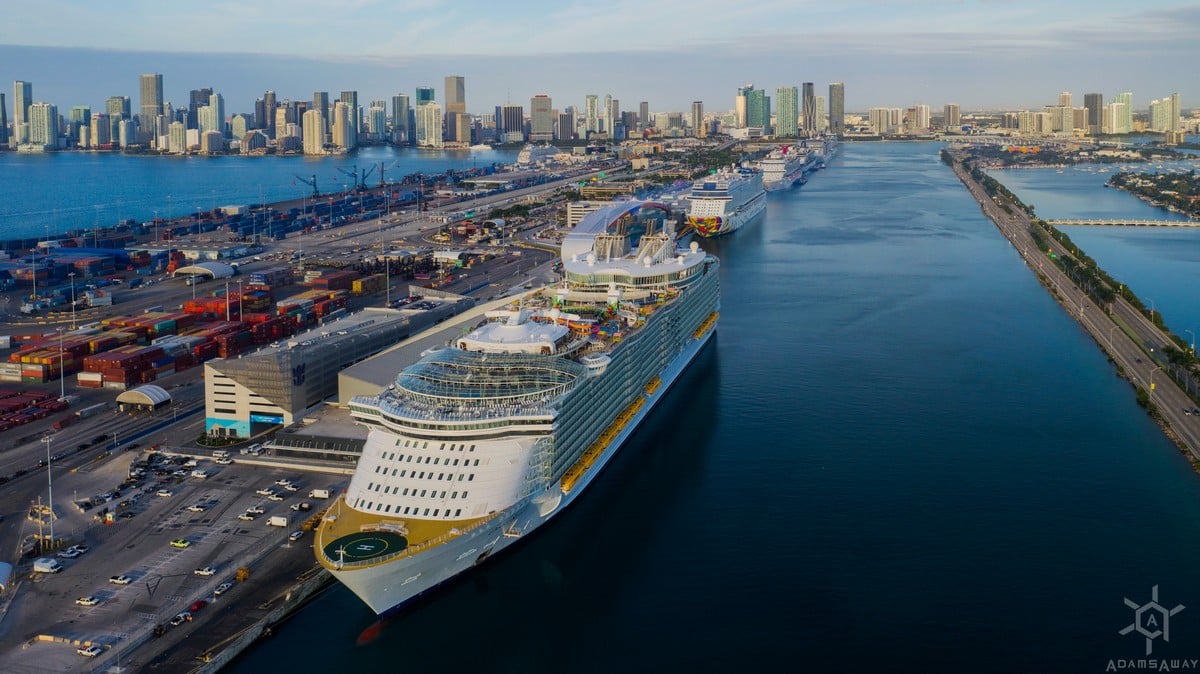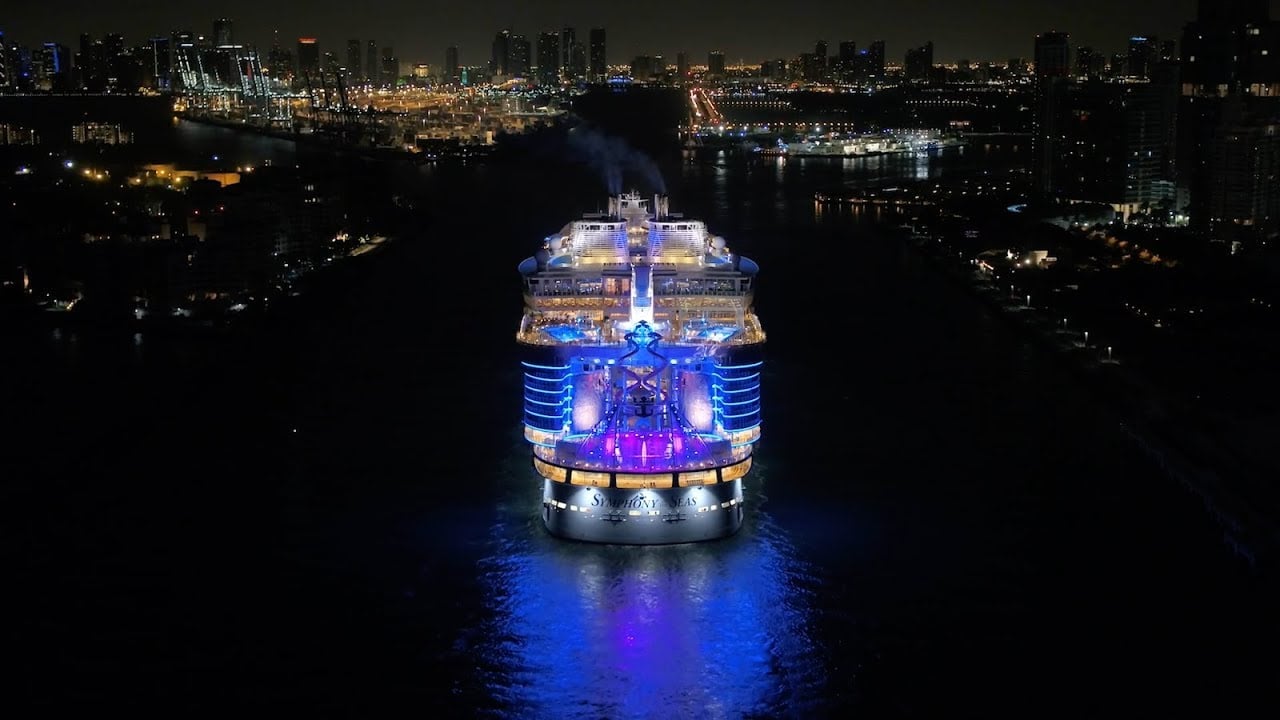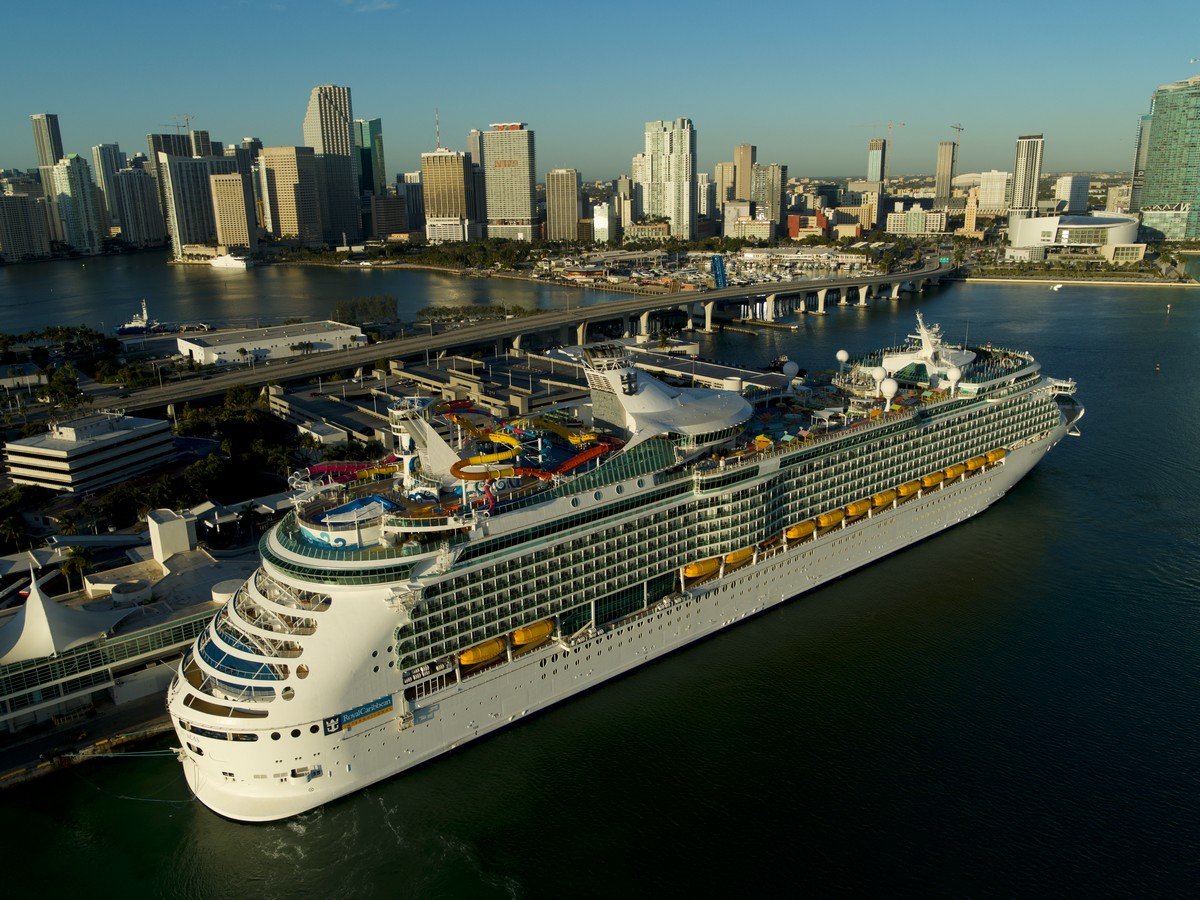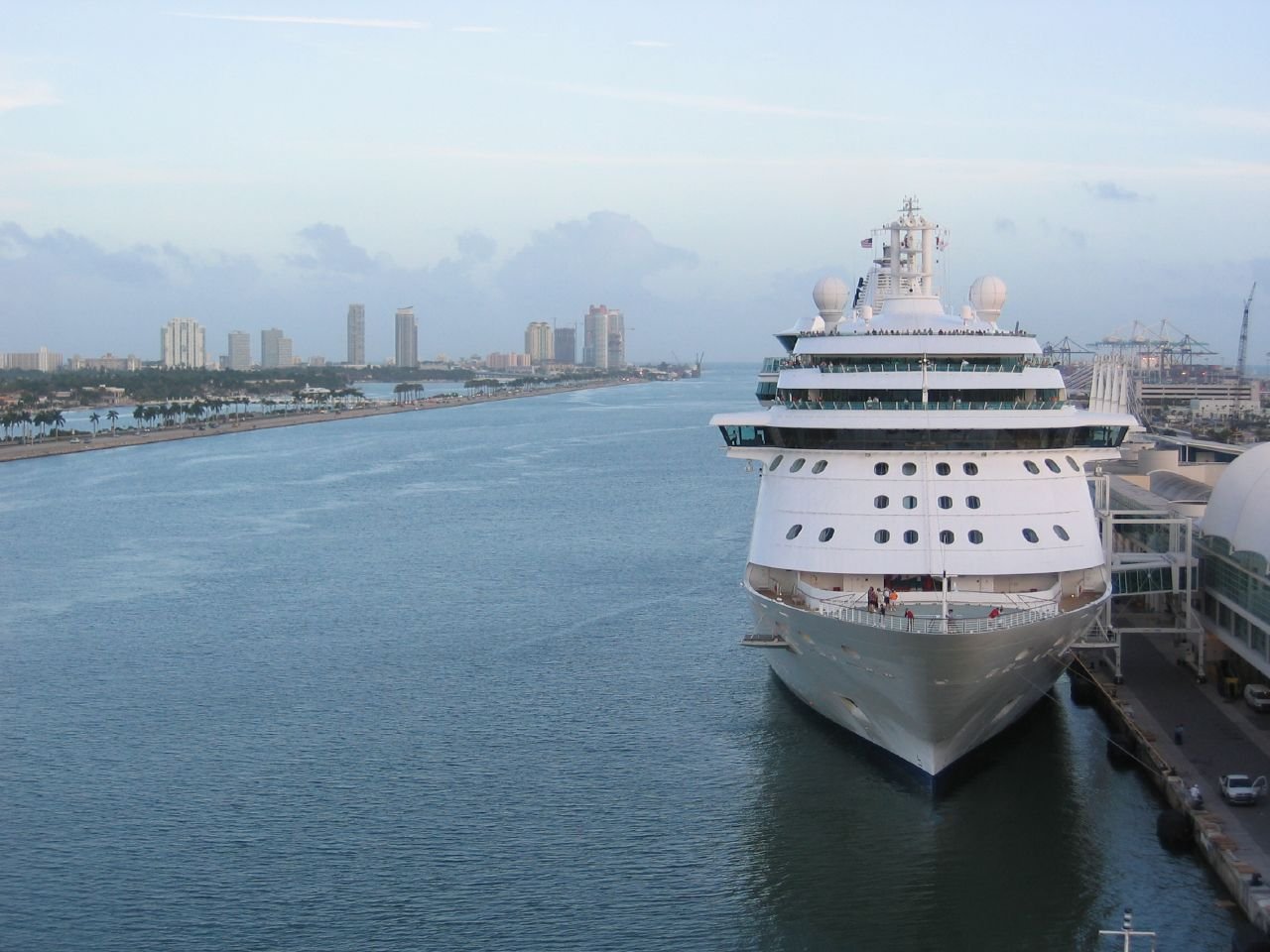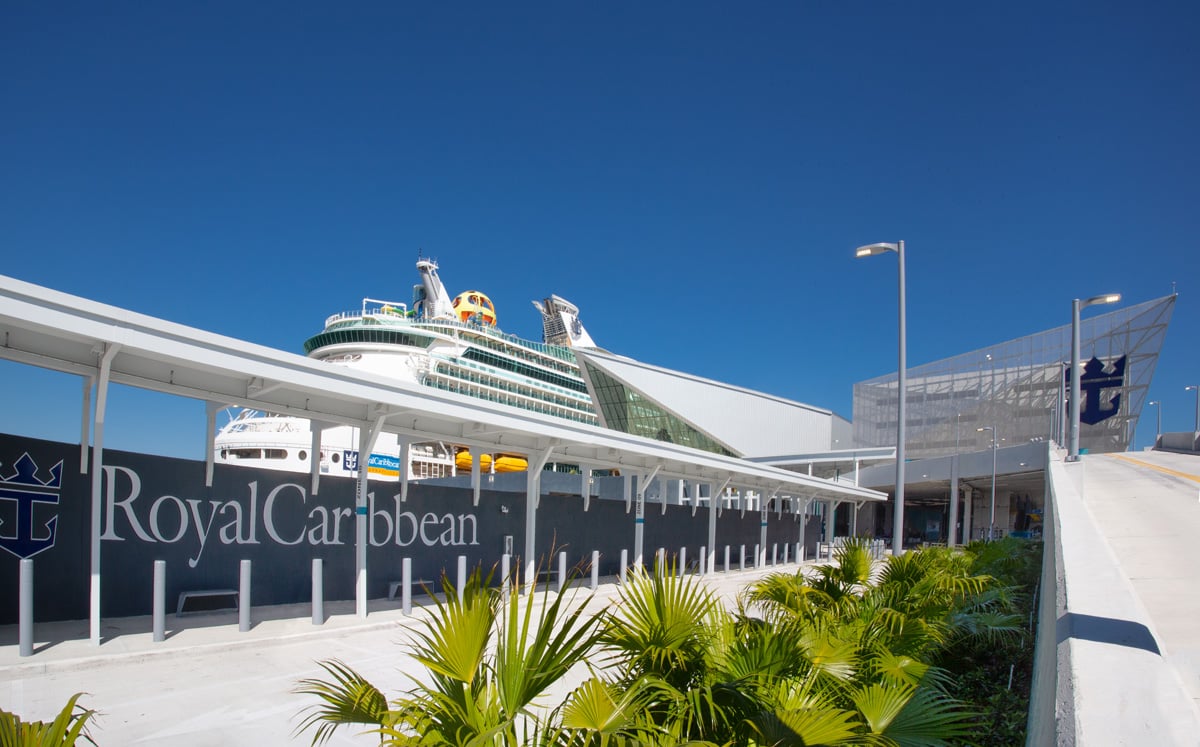CDC: Layoffs wont affect cruise ship inspections
In:Mass layoffs at the Department of Health and Human Services earlier this month won't stop cruise ship inspections from continuing.
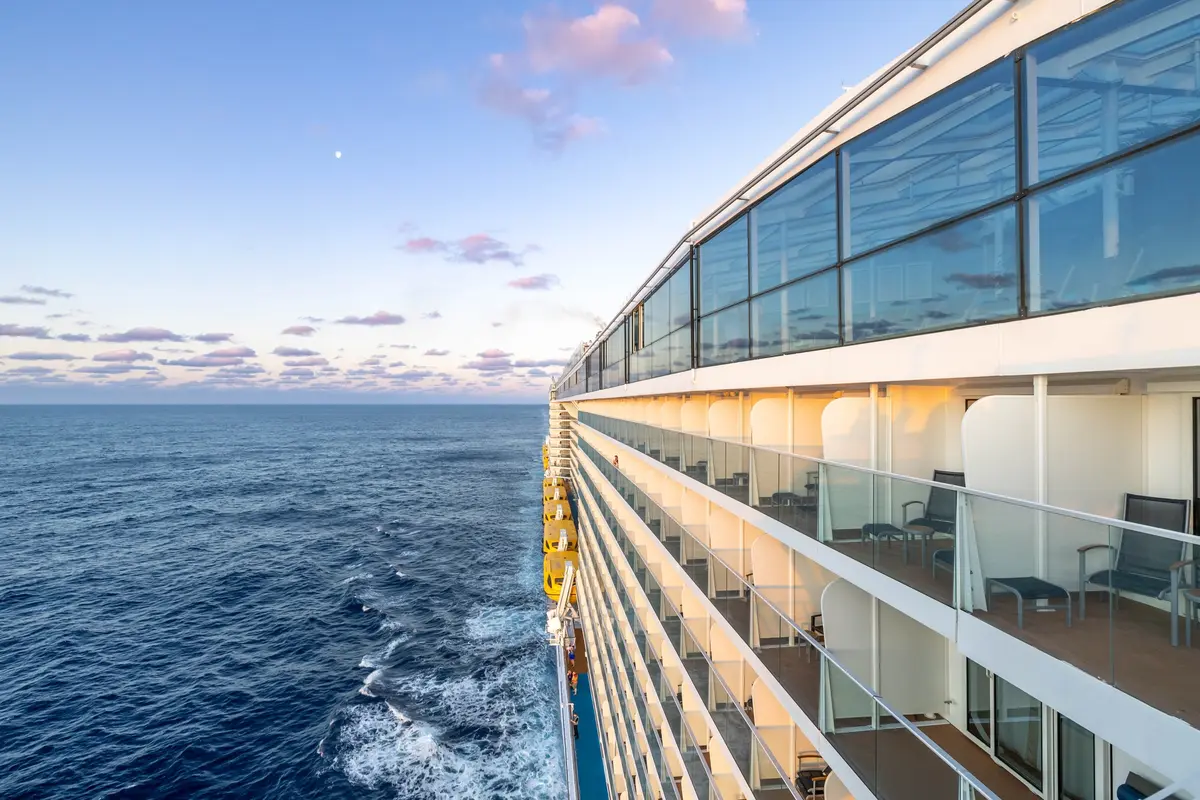
Earlier this month, news leaked that many workers let go at the Department of Health and Human Services, including people that inspect cruise ships. More than 2,400 employees at the CDC were let go.
Multiple CDC officials said the epidemiologist that lead the agency's outbreak response on cruise ships was included in the layoffs.
The work falls under the Vessel Sanitation Program, who's job it is to prevent and control public health issues.
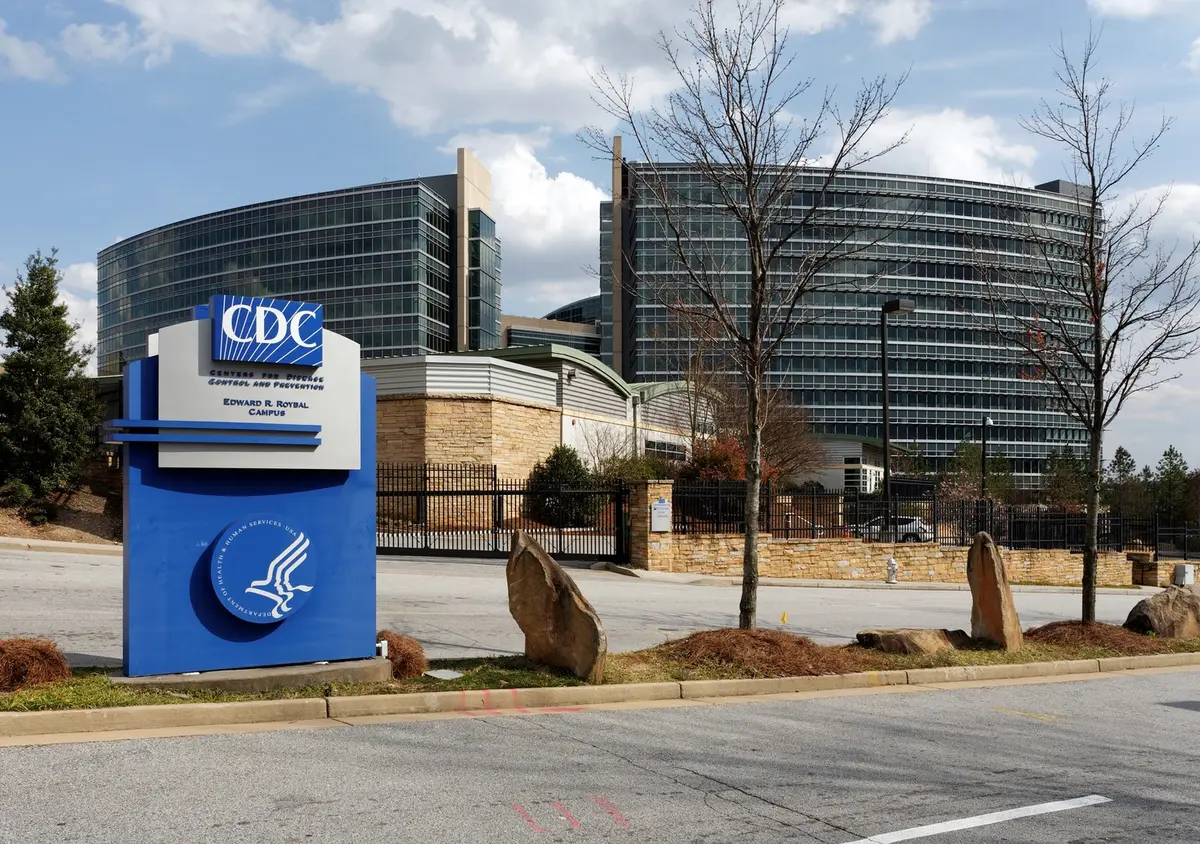
According to a report by USA Today, a CDC spokesperson confirmed the ship inspections will continue.
"This work has not stopped, as the VSP is primarily staffed by USPHS commissioned officers who were not subject to the reduction in force," is what the spokesperson said.
Specifically, 12 U.S. Public Health Service officers will remain with the program, and they will continue the work.
How the CDC inspects cruise ships
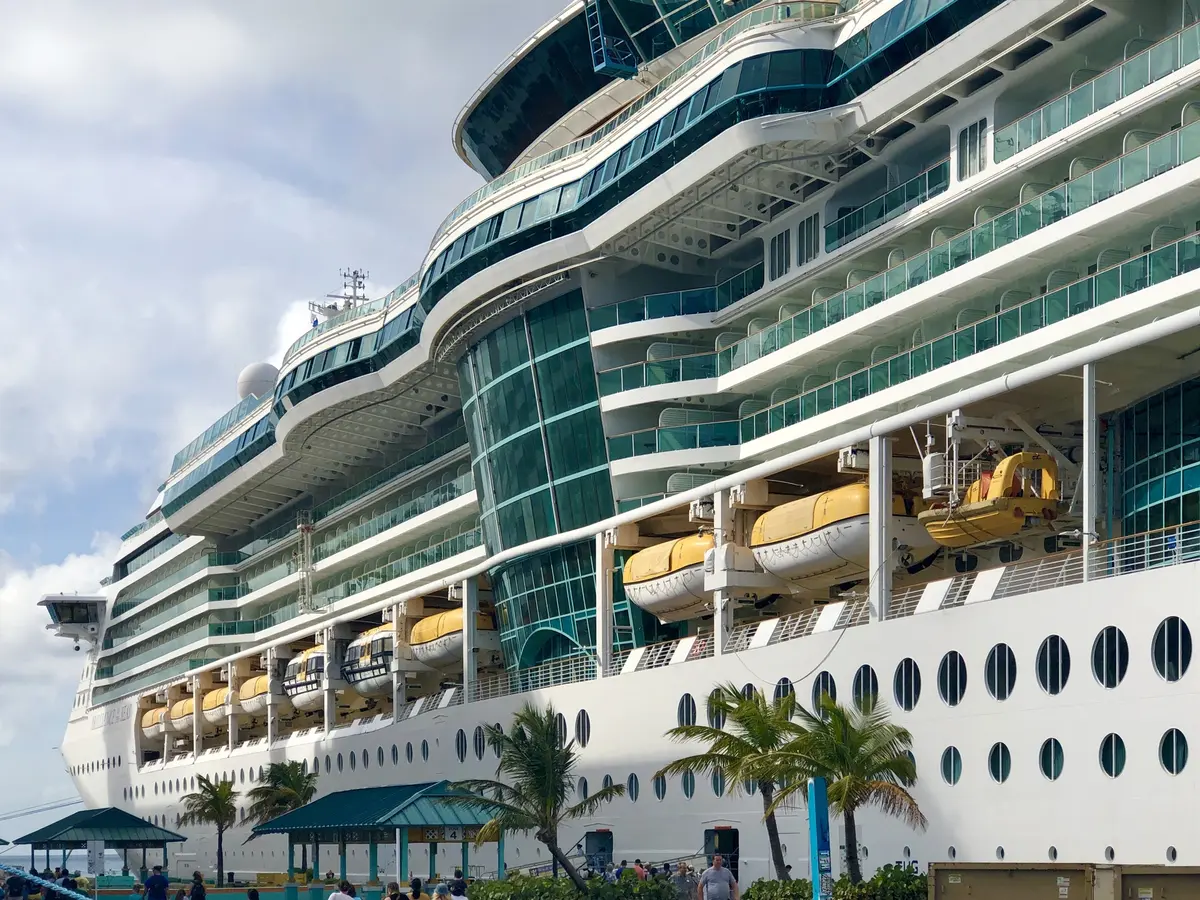
The VSP was created to develop and implement a comprehensive sanitation program in order to minimize the risk of outbreaks on cruise ships and provide the public information on these health issues.
Random inspections of cruise ships occur throughout the year.
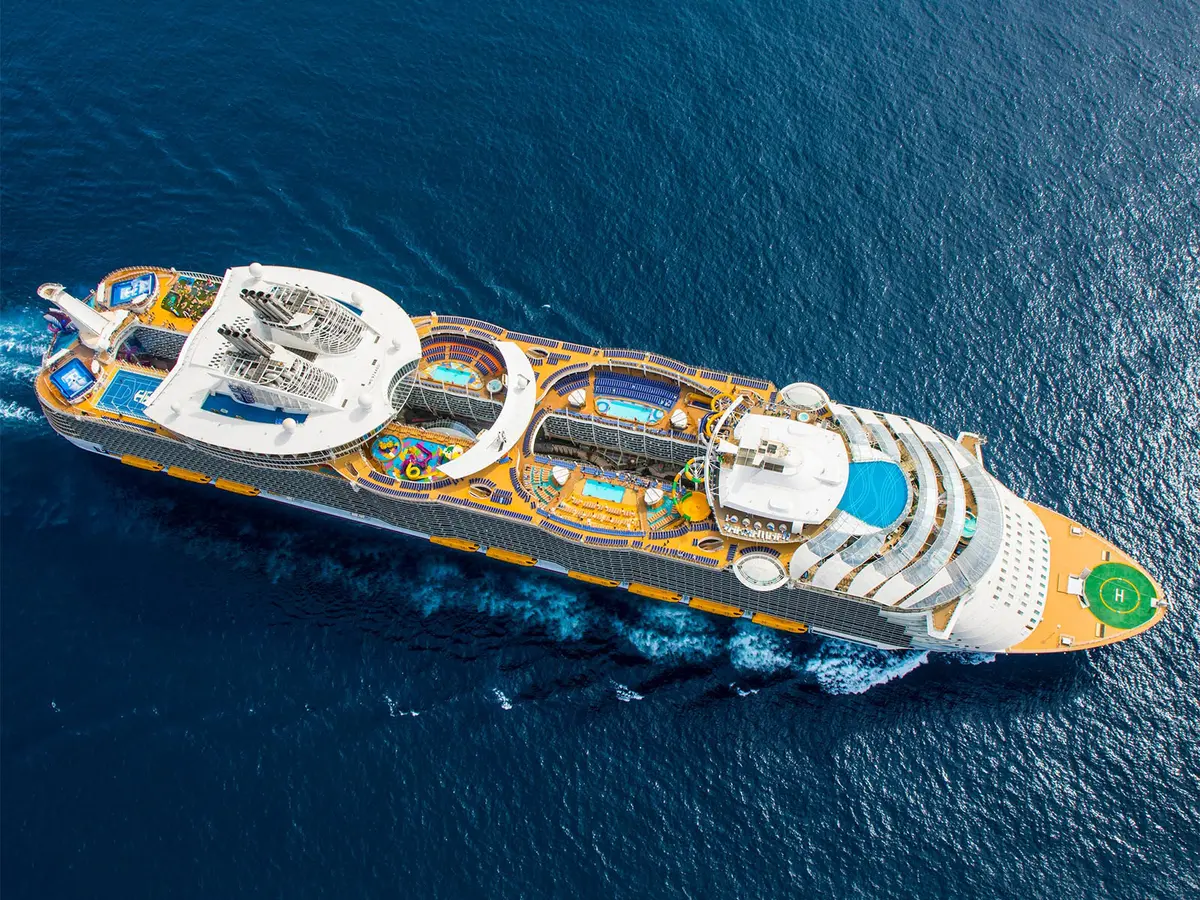
A cruise ship is given a rating on a scale of 0-100 once the inspection is complete.
In addition, the Vessel Sanitation Program shares information about incidents onboard ships where more than 3% of passengers or crew report being sick
posts outbreaks on its website if the ship is under the agency’s jurisdiction and 3% or more of the passengers or crew are reporting being sick, such as symptoms of GI illness.
"Cruise lines paid for this staff, yet it needed to be cut?"
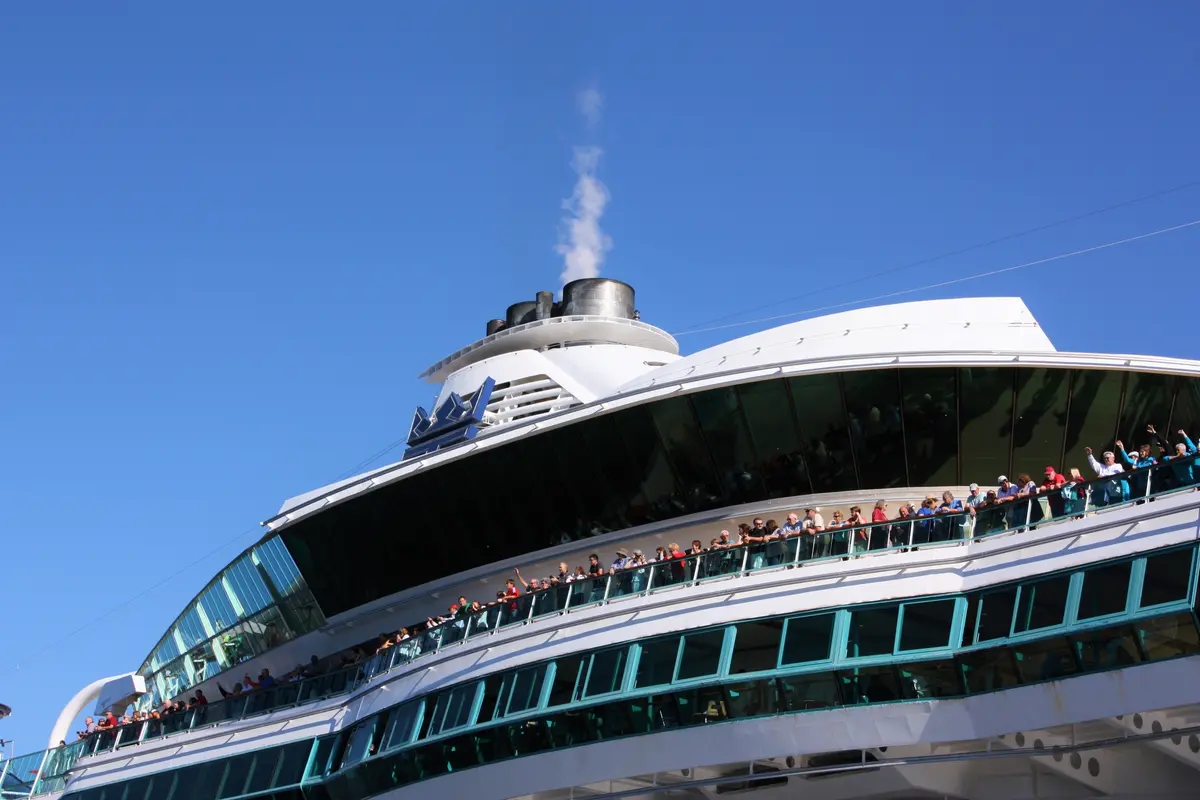
Cruise fans were swift to question why the VSP staff had to be impacted at all.
On the Royal Caribbean subreddit, many shared their opinions on the cuts at the CDC and what it means for cruise ships.
"So...Time for more Norovirus?" asked archaego after hearing of the news. "This is just mind boggling. Cruise lines paid for this staff, yet it needed to be cut?"

That comment is based on the fact cruise lines pay fees that fund both the program and the staff. It is not funded with federal tax dollars.
ragingstallion1 posted, "I’d like to think lines would still do everything possible to keep ships clean for PR purposes, but greed will get the best of them."
therin_88 questioned how effective it was in the first place, "You really think the CDC was stopping norovirus outbreaks on ships?"
archaego wrote back, "Its like a front door lock, it keeps honest people honest. Outbreaks will still happen of course, the severity and the ability of the ship to deal with them is impacted by how prepared they are."


